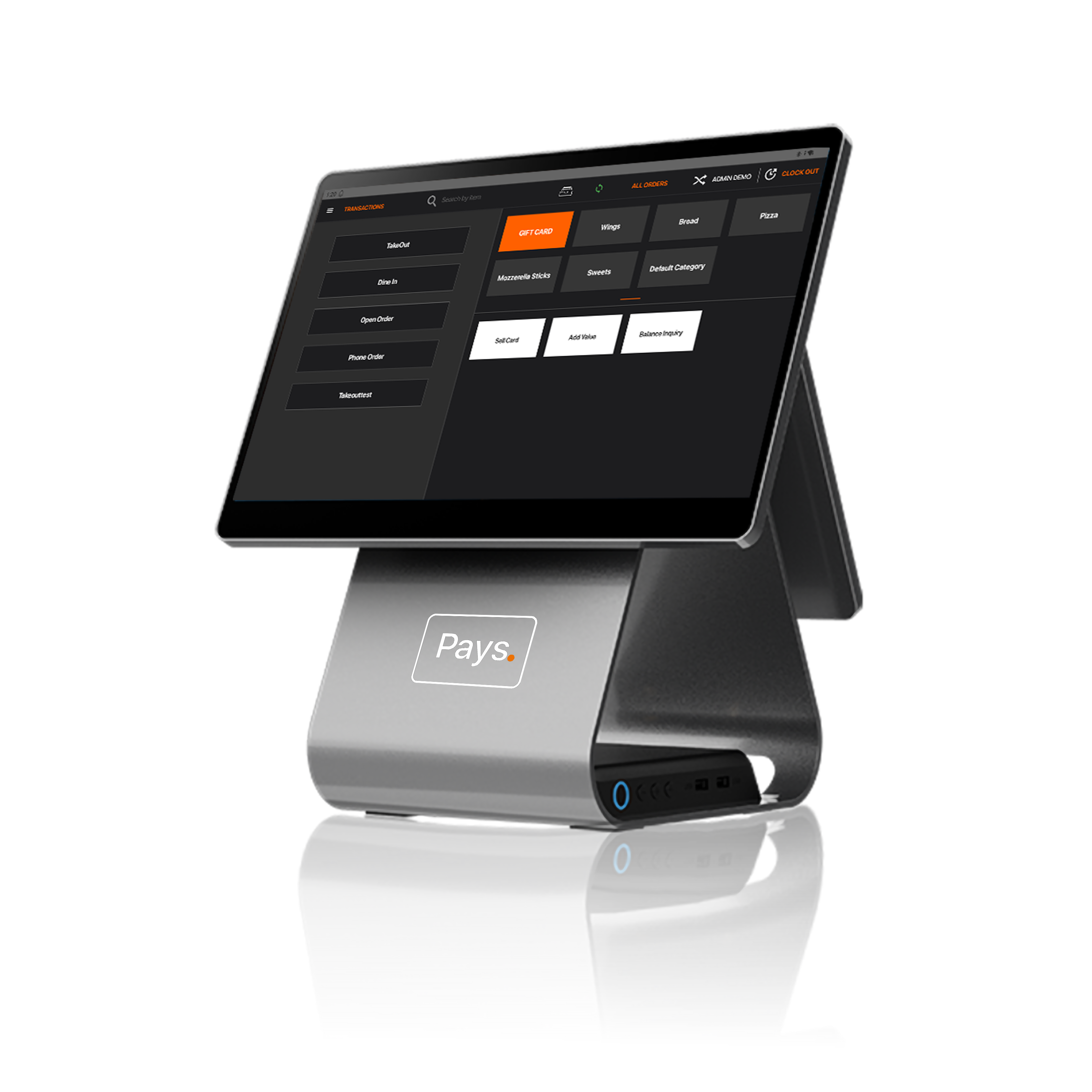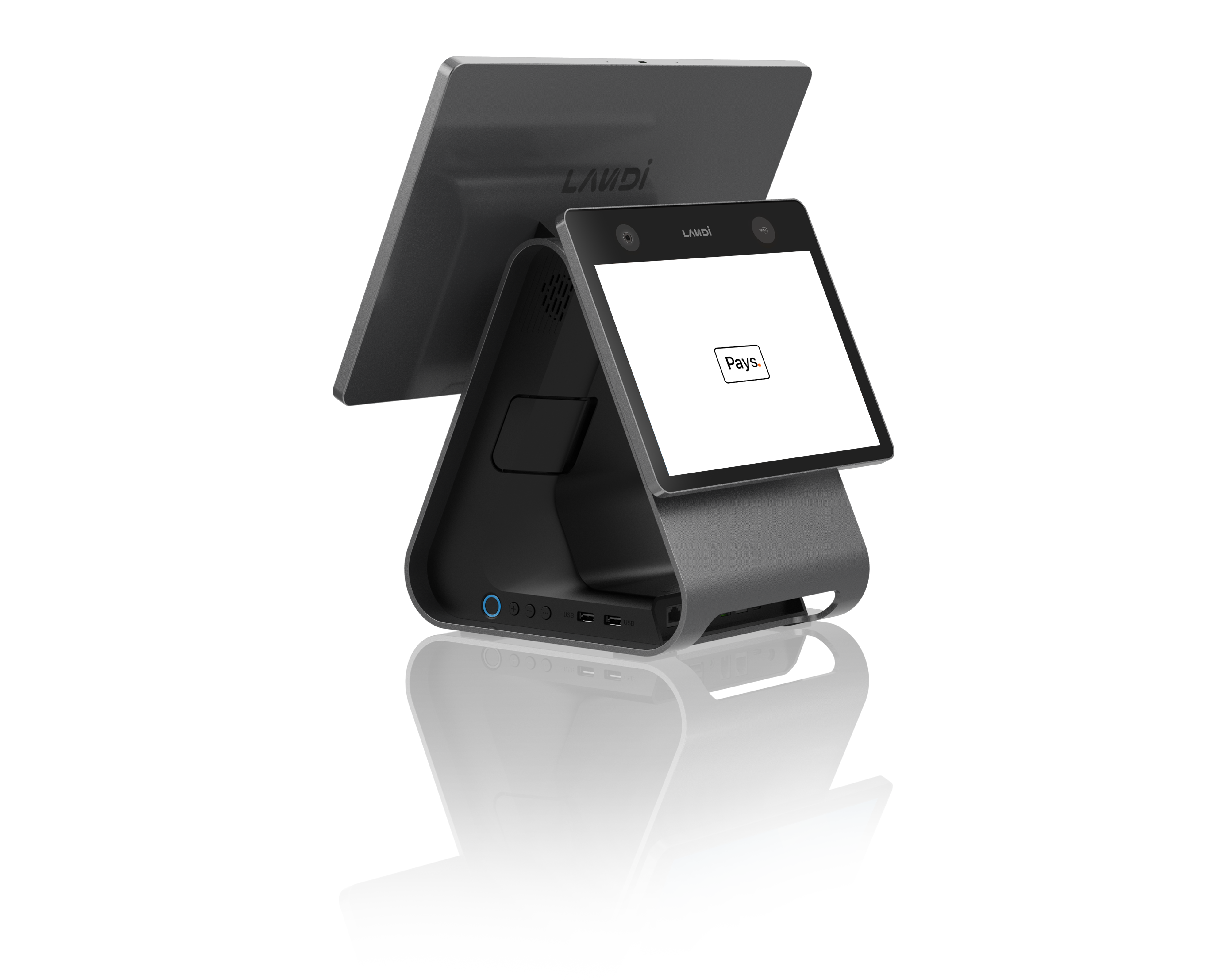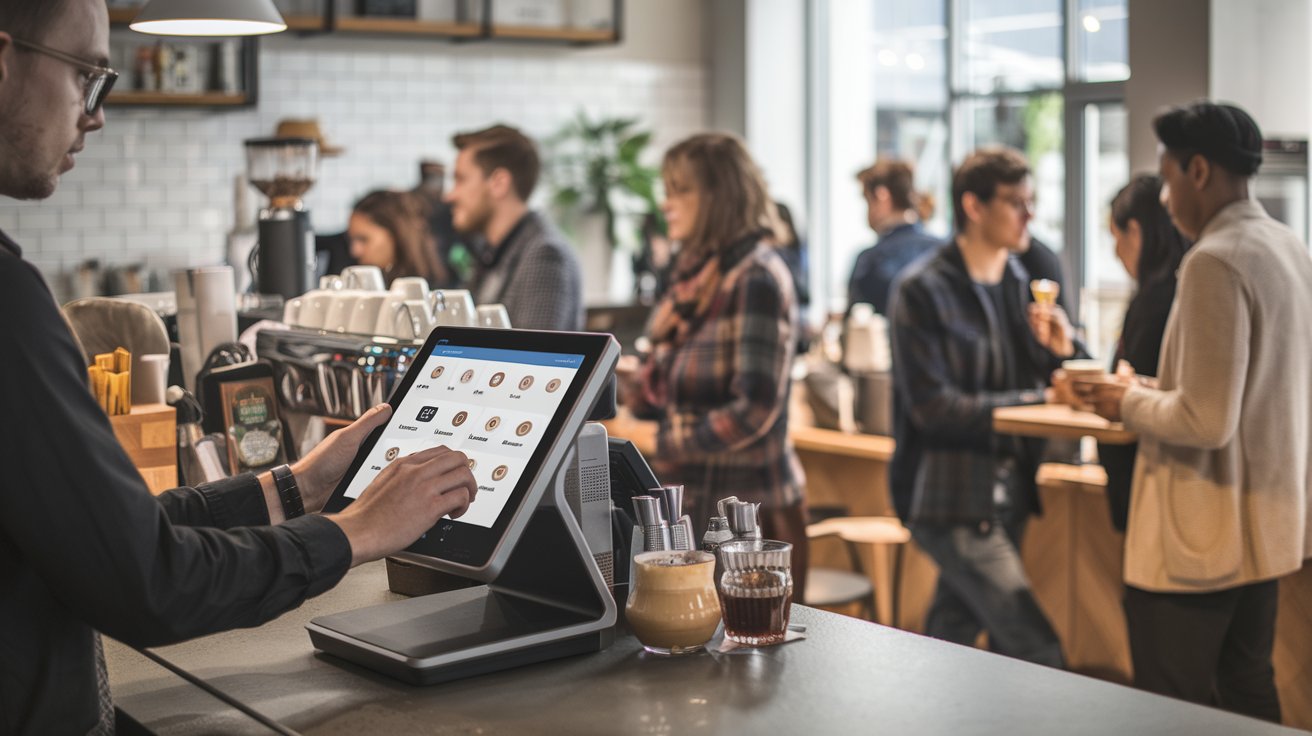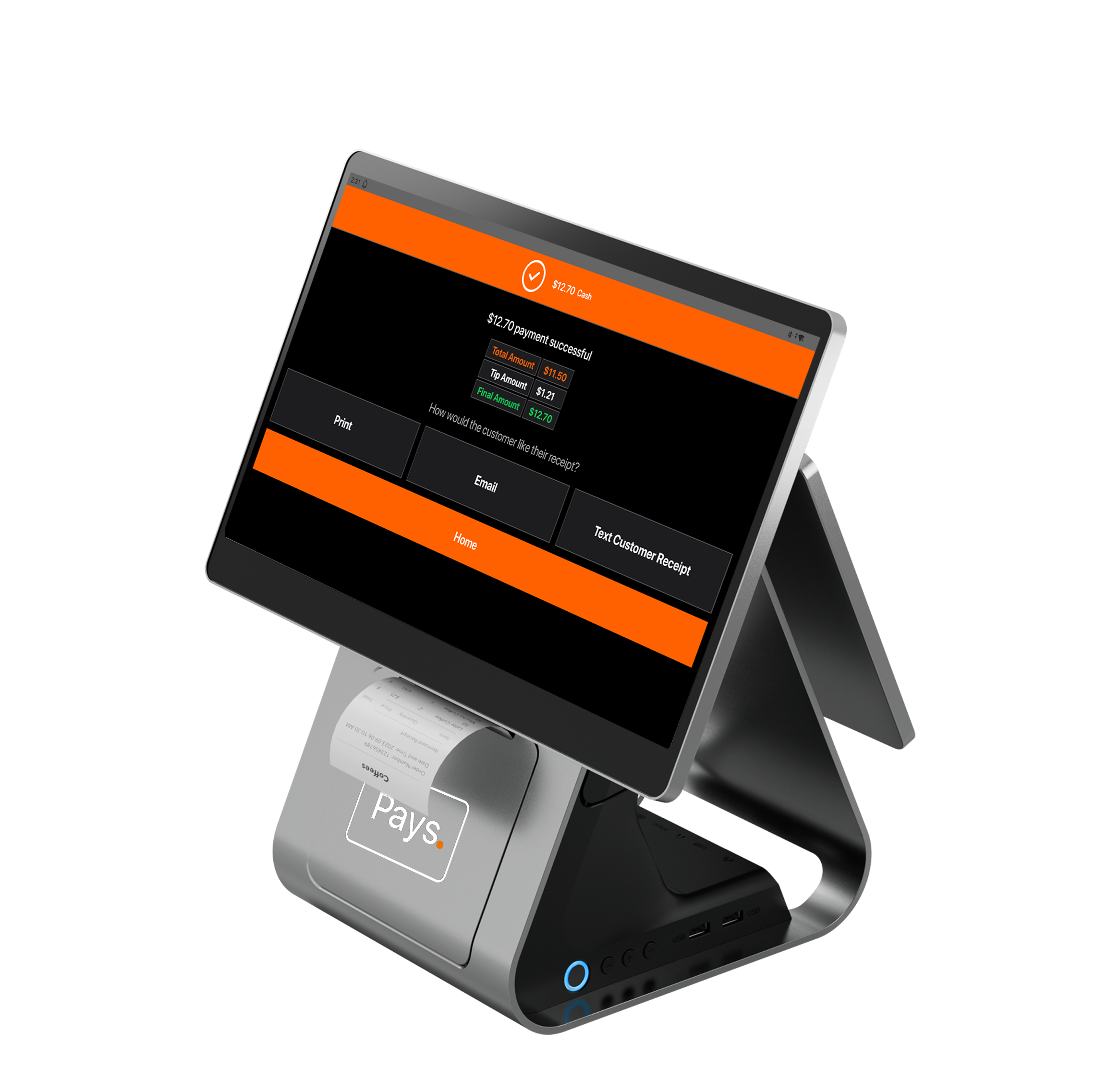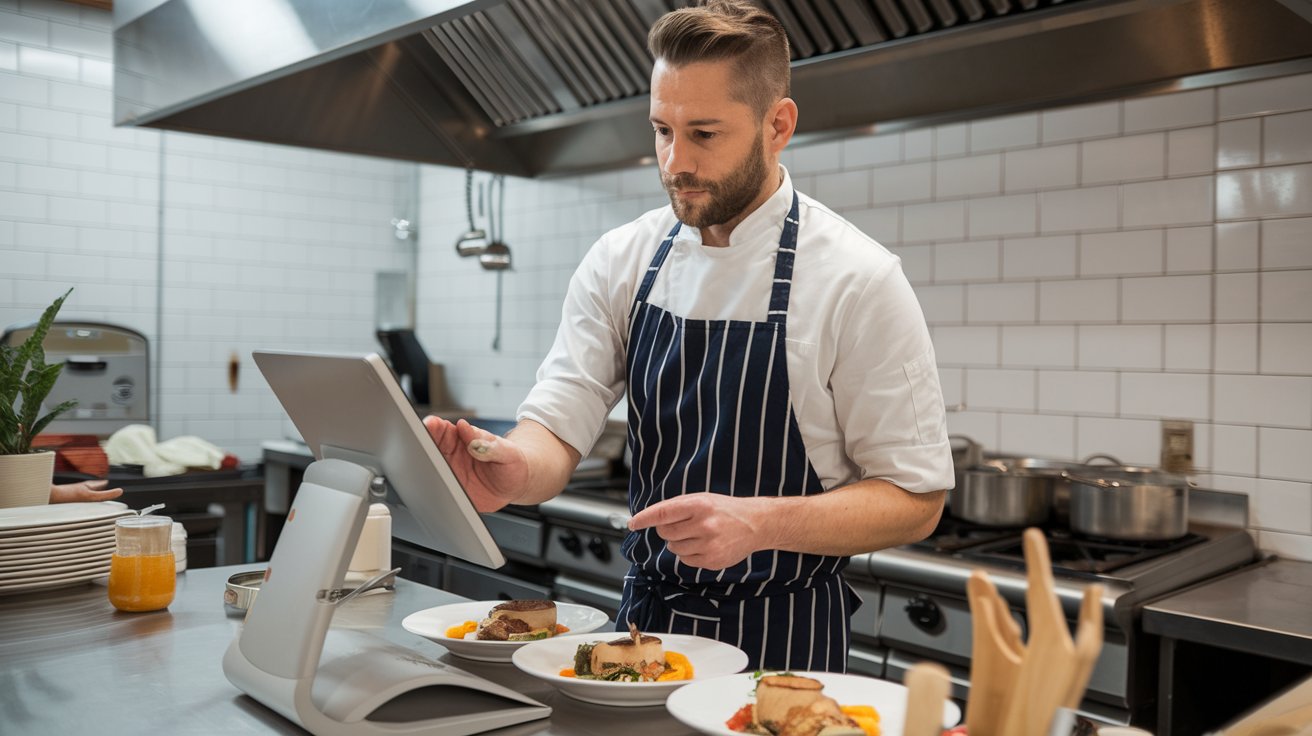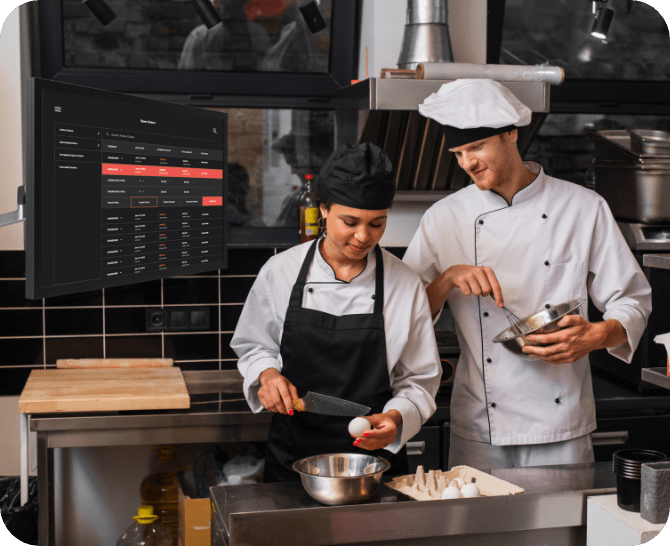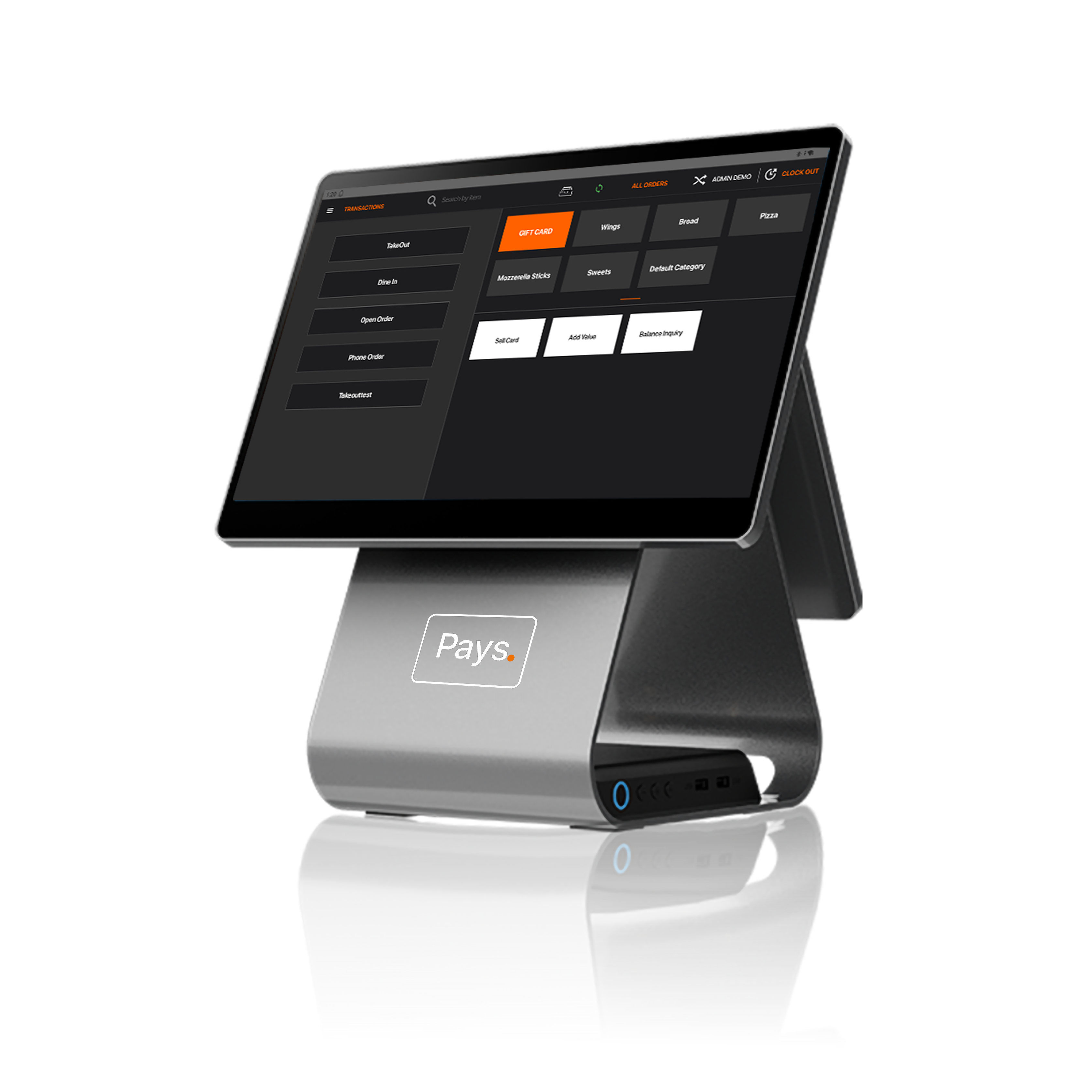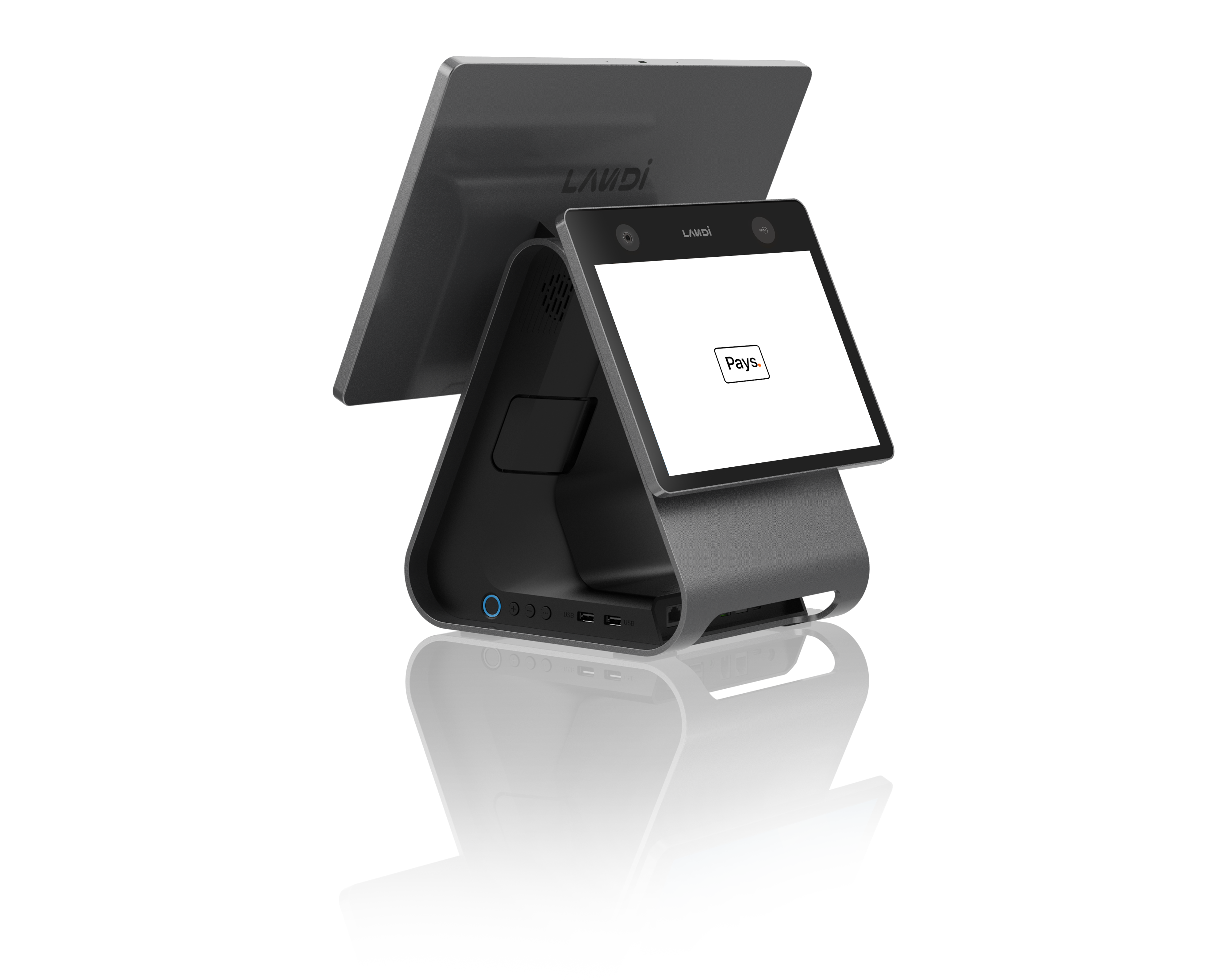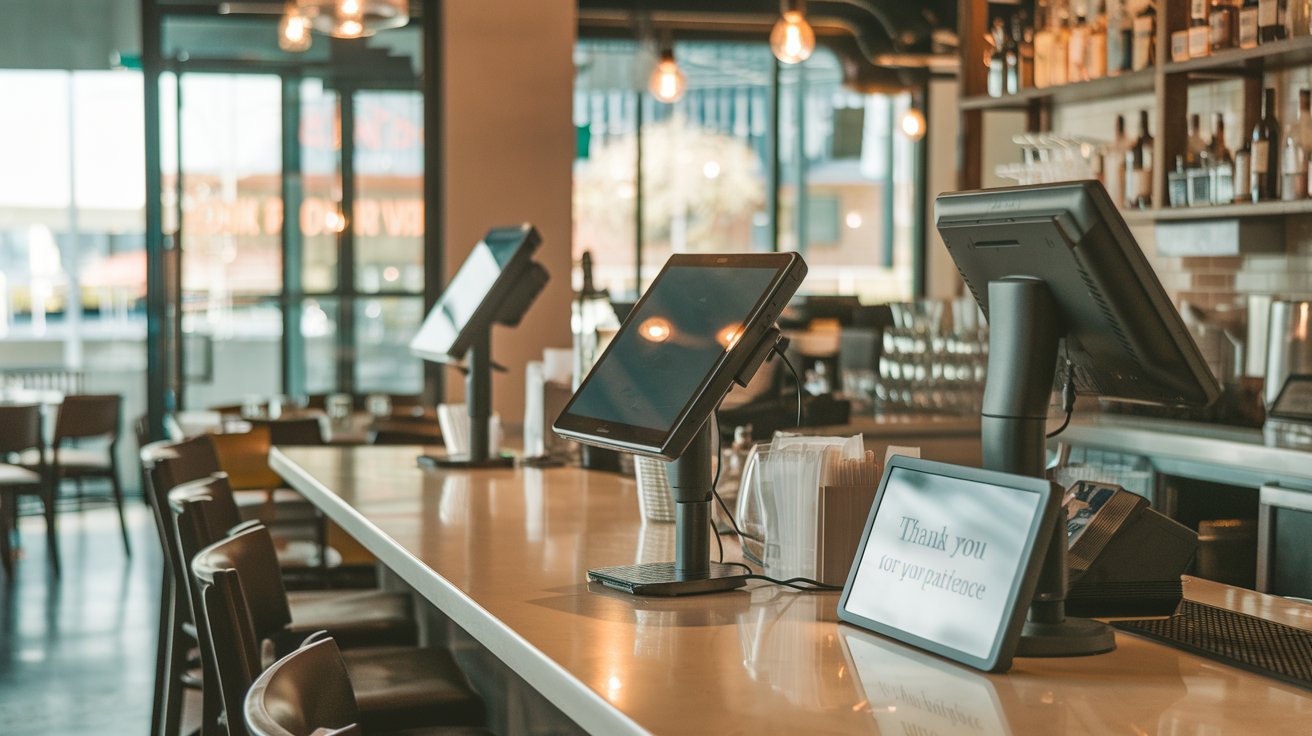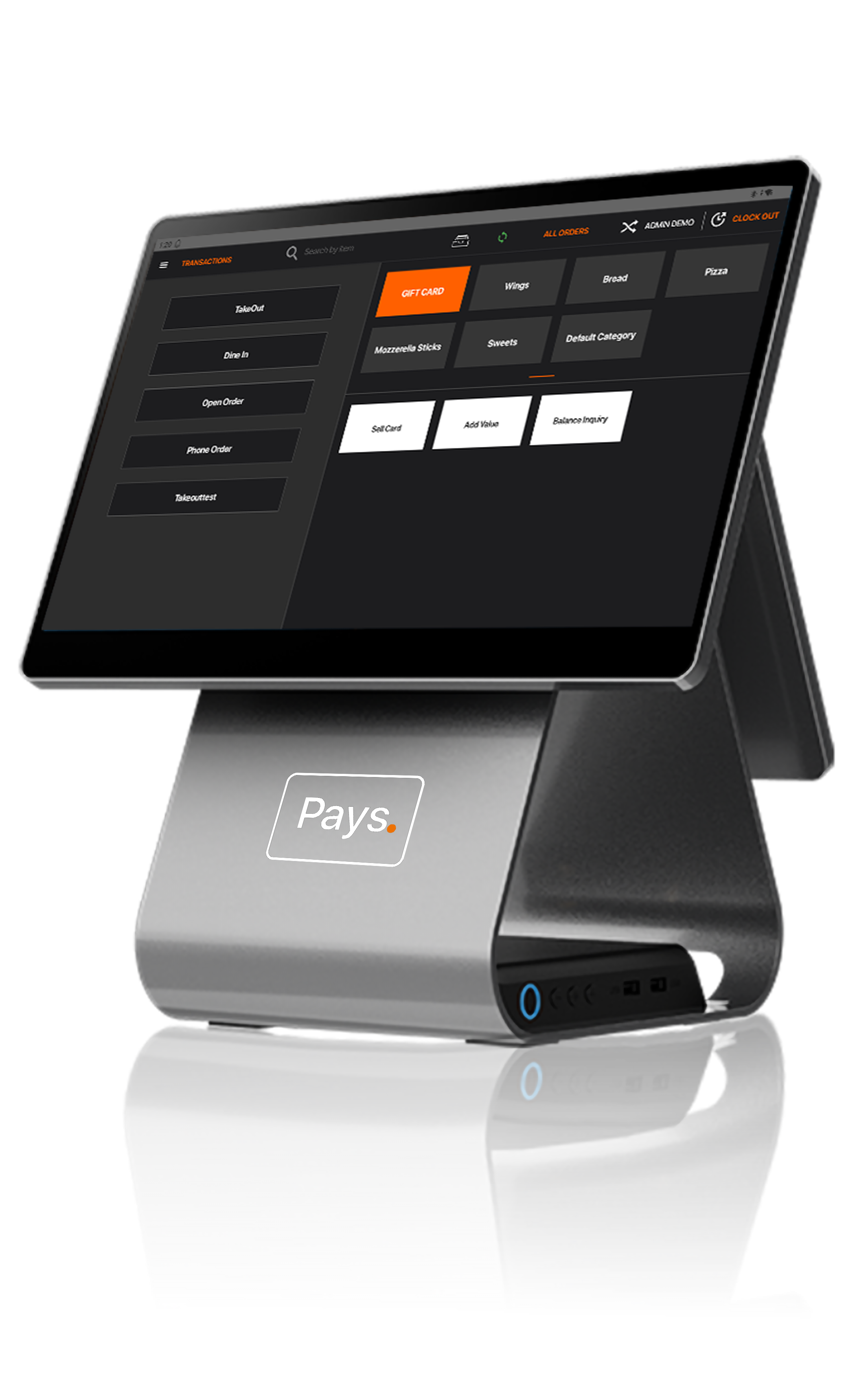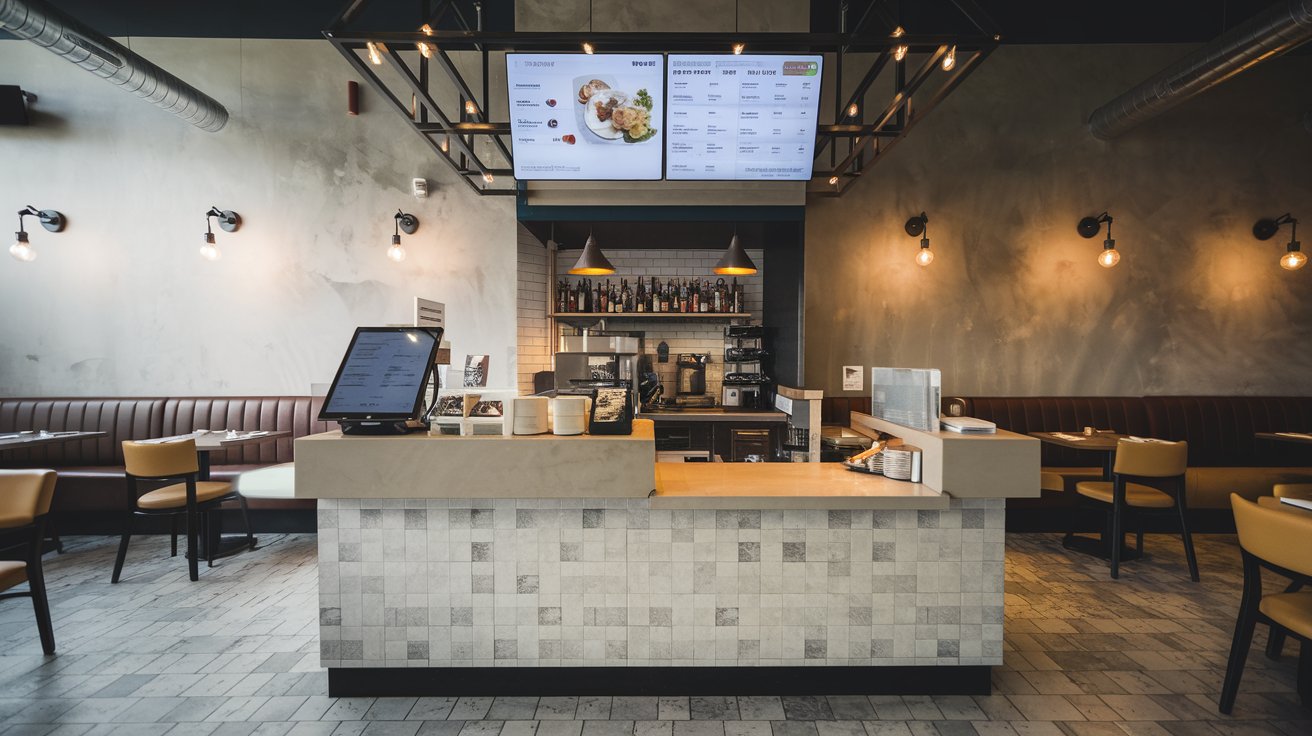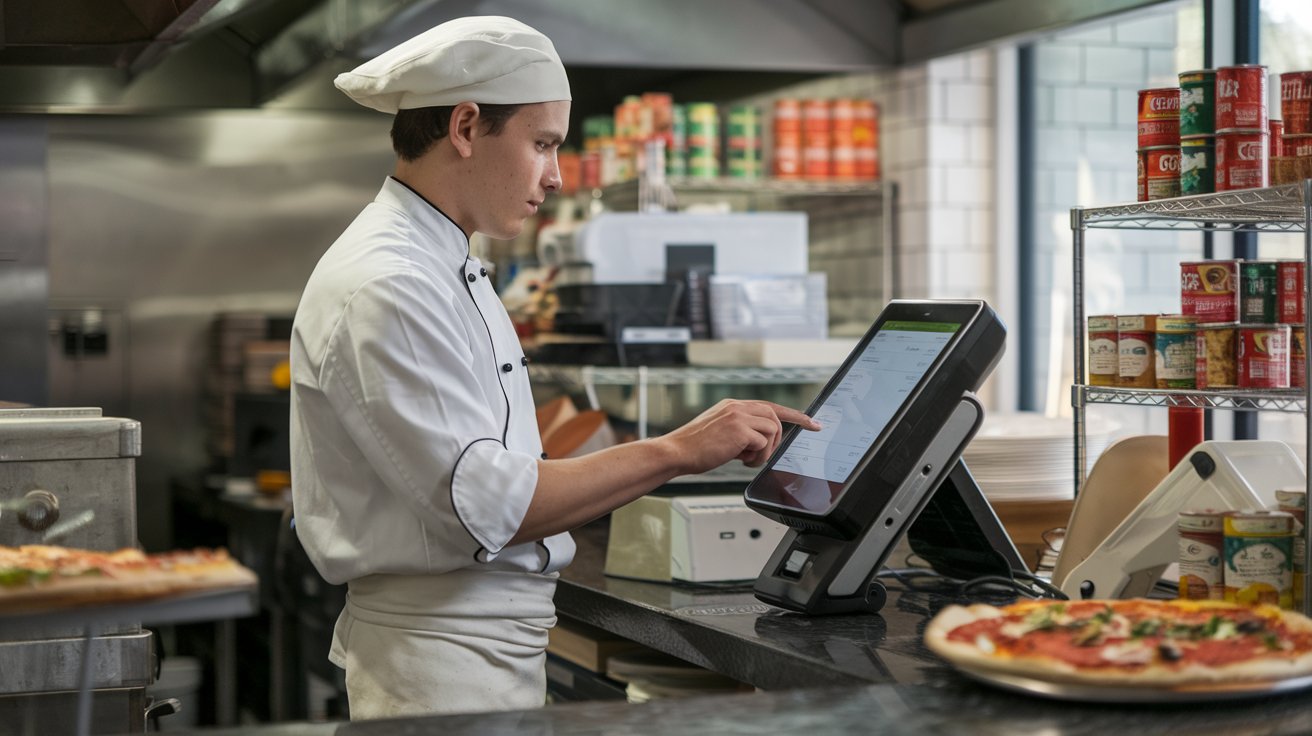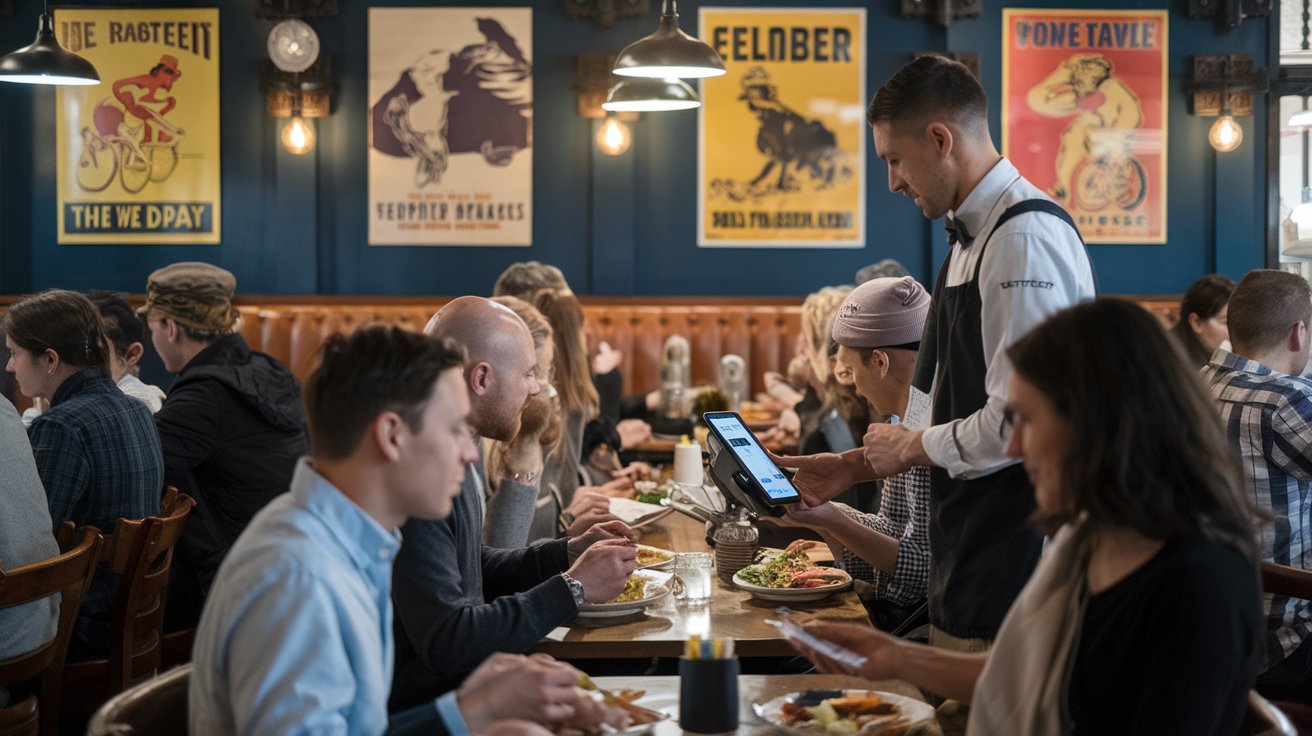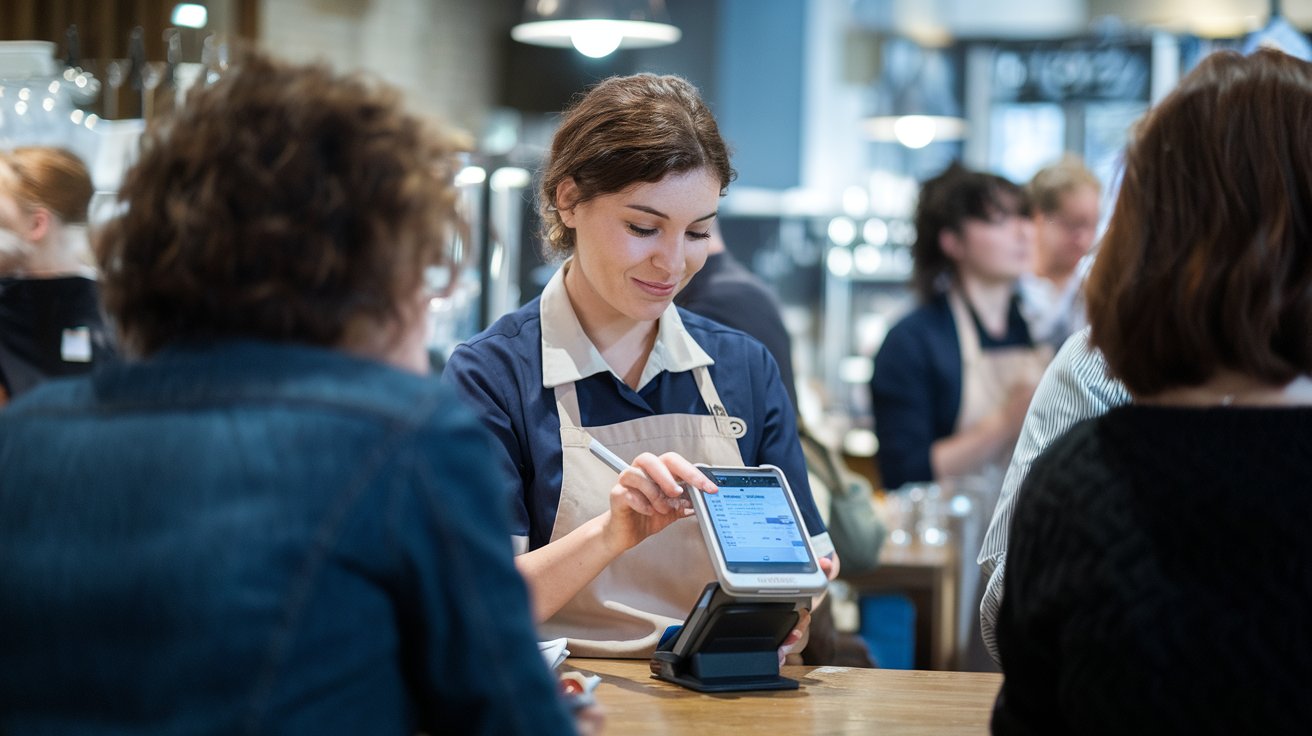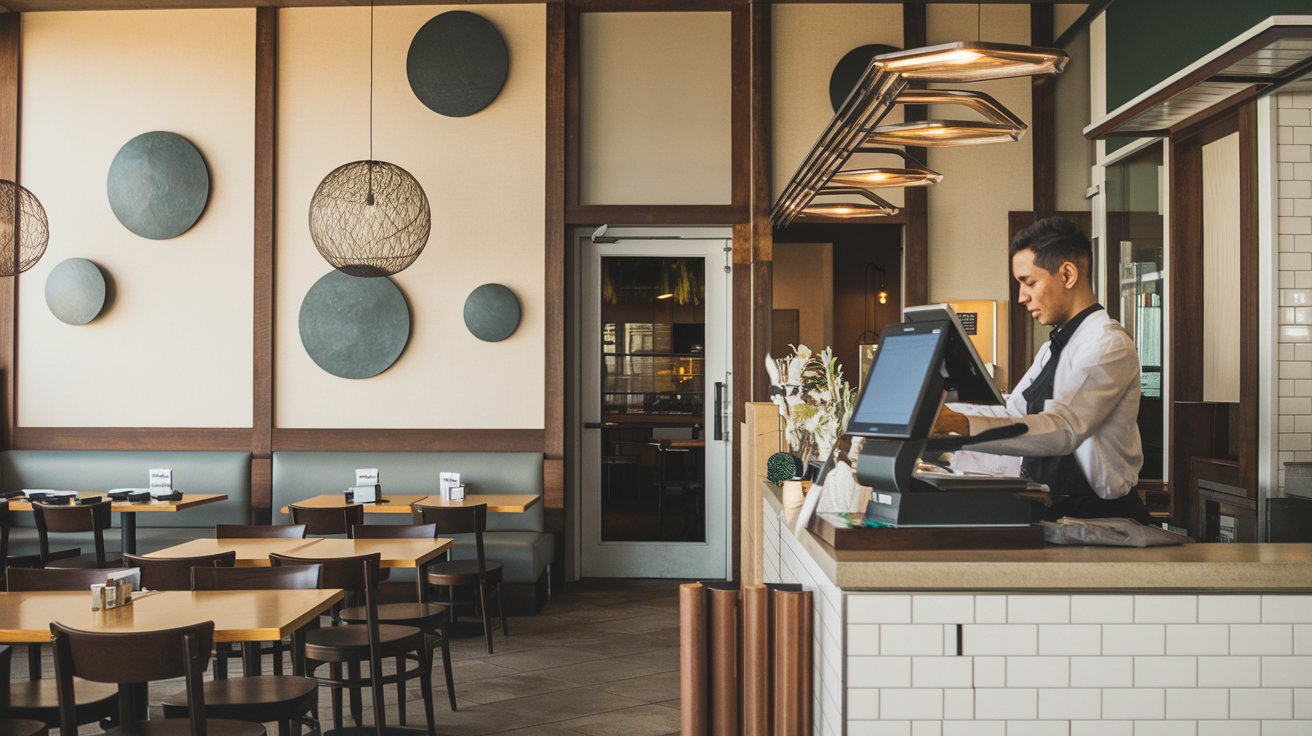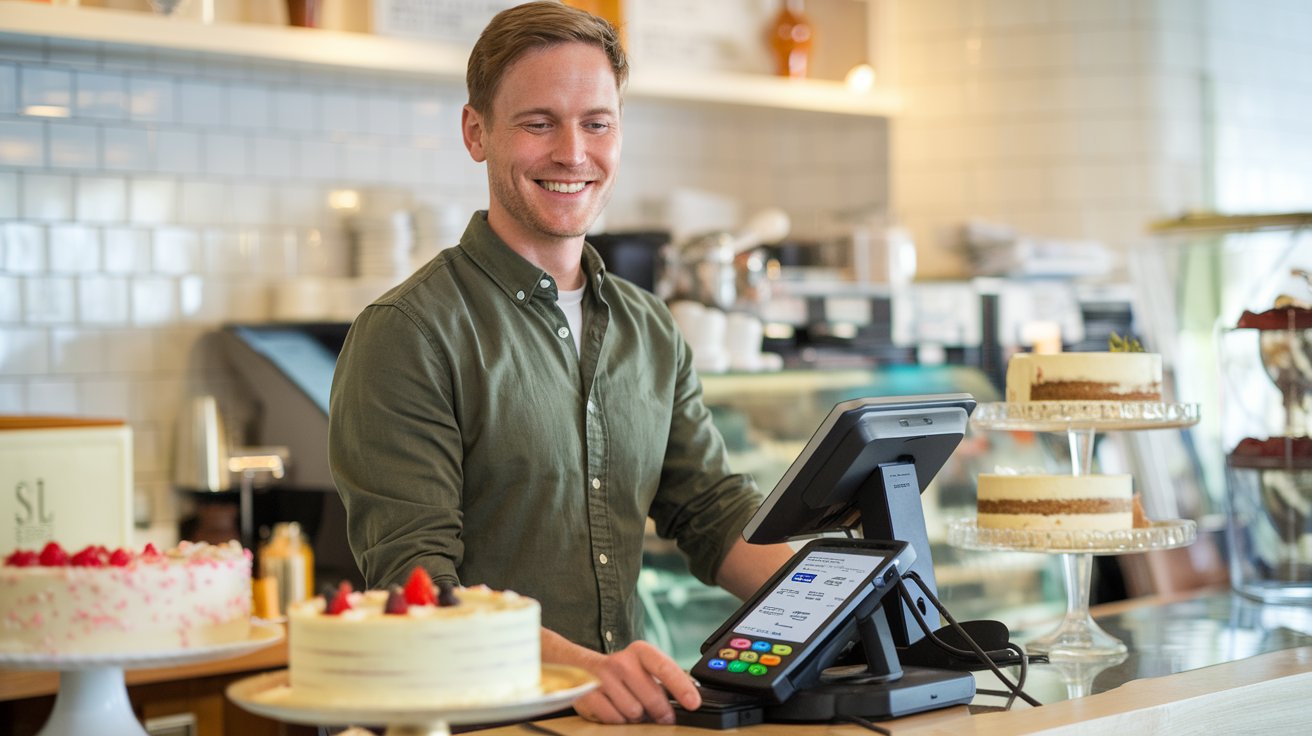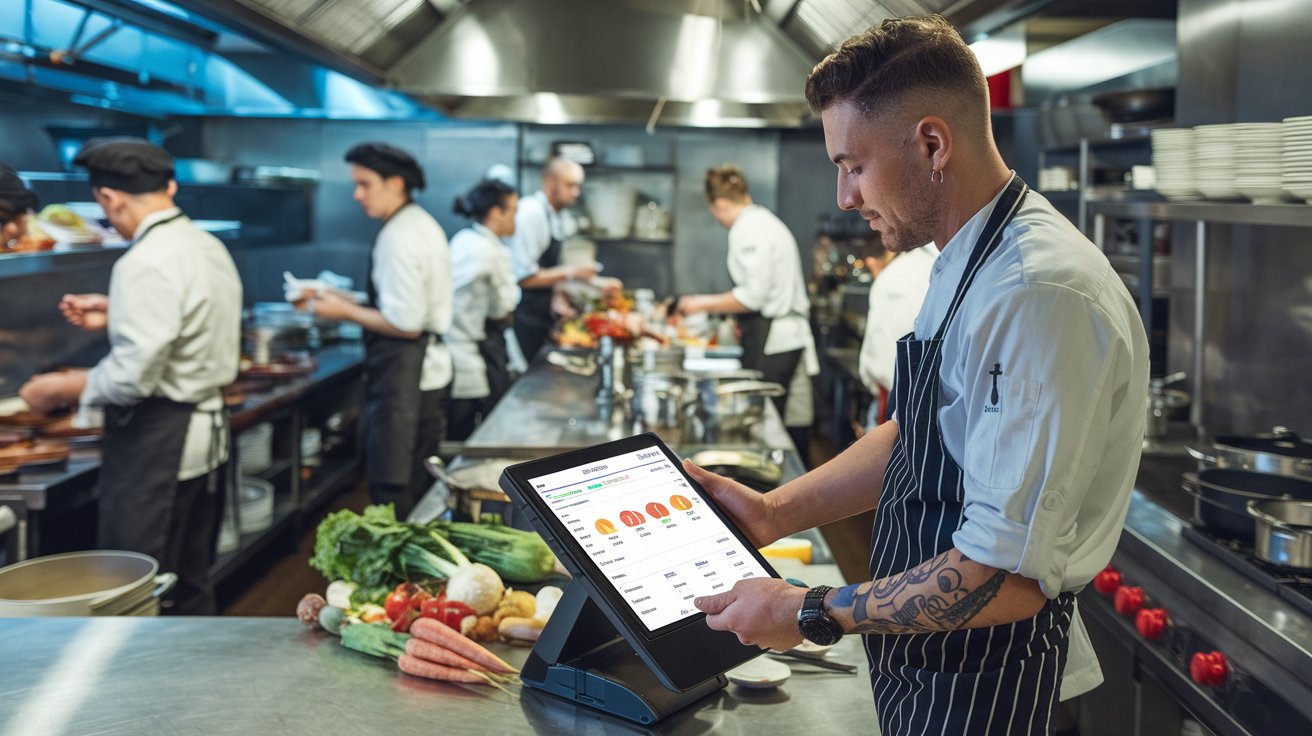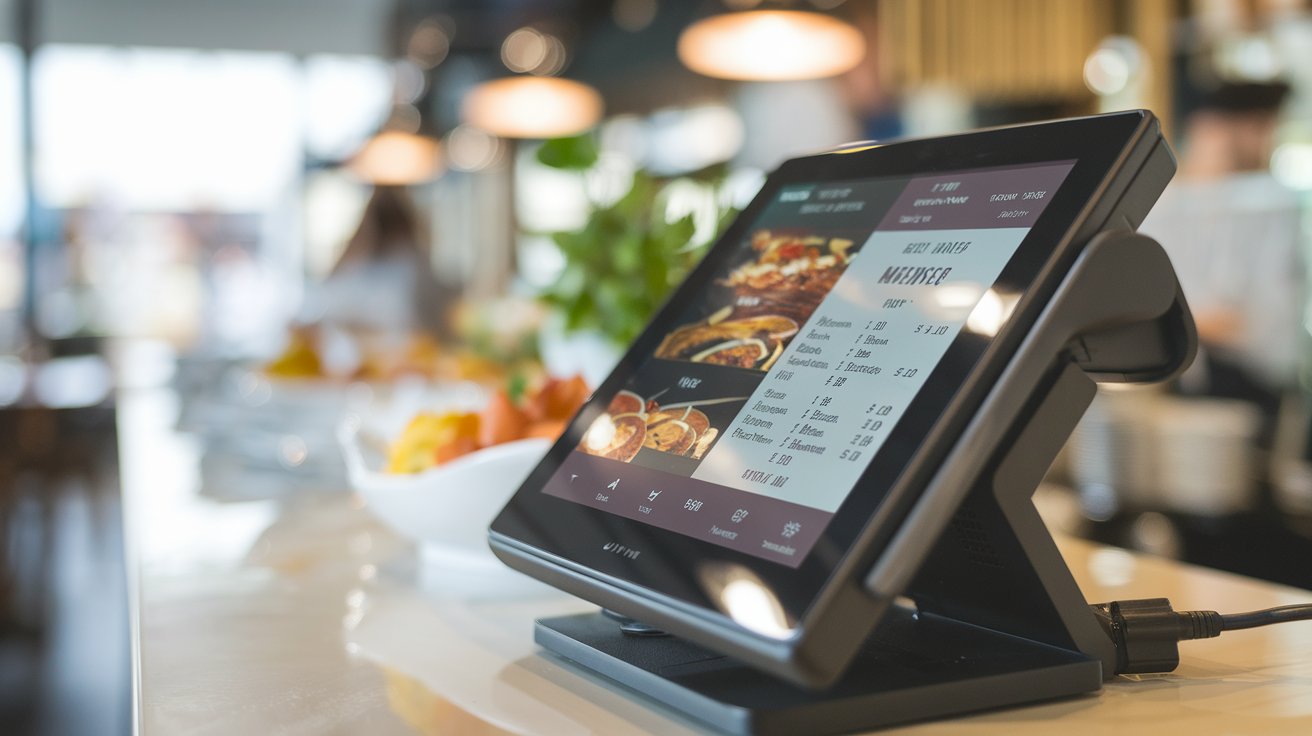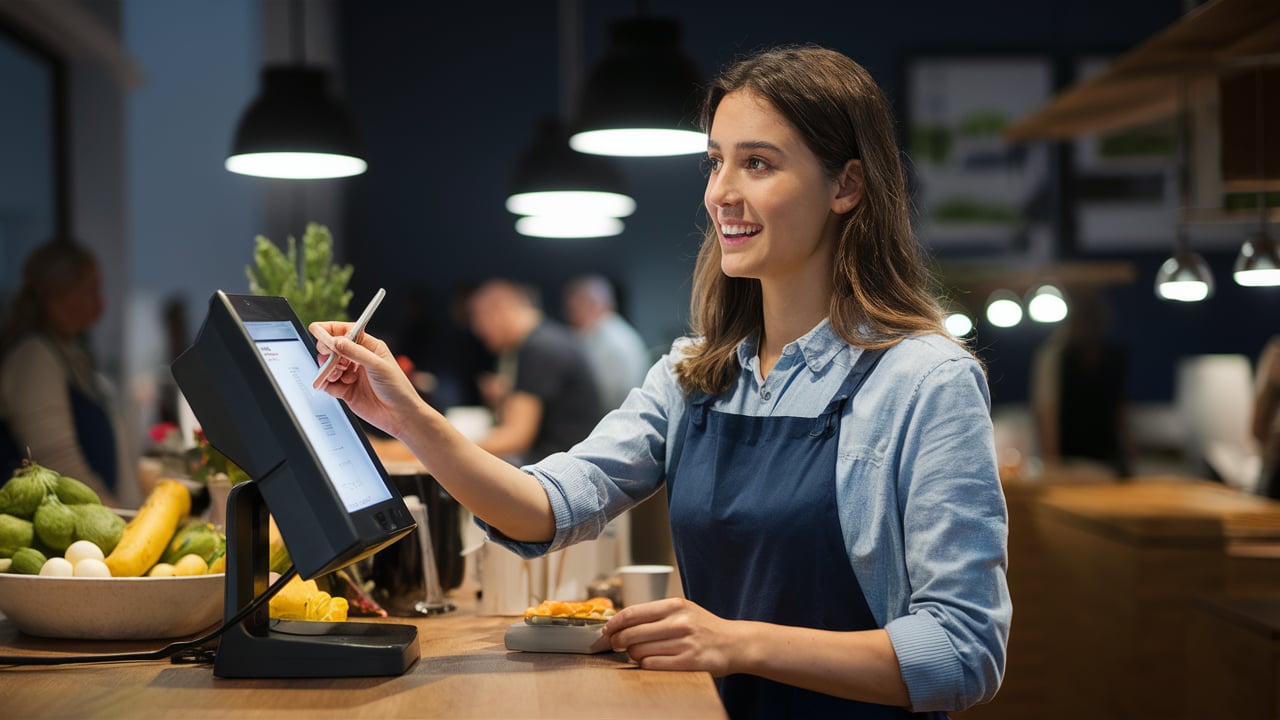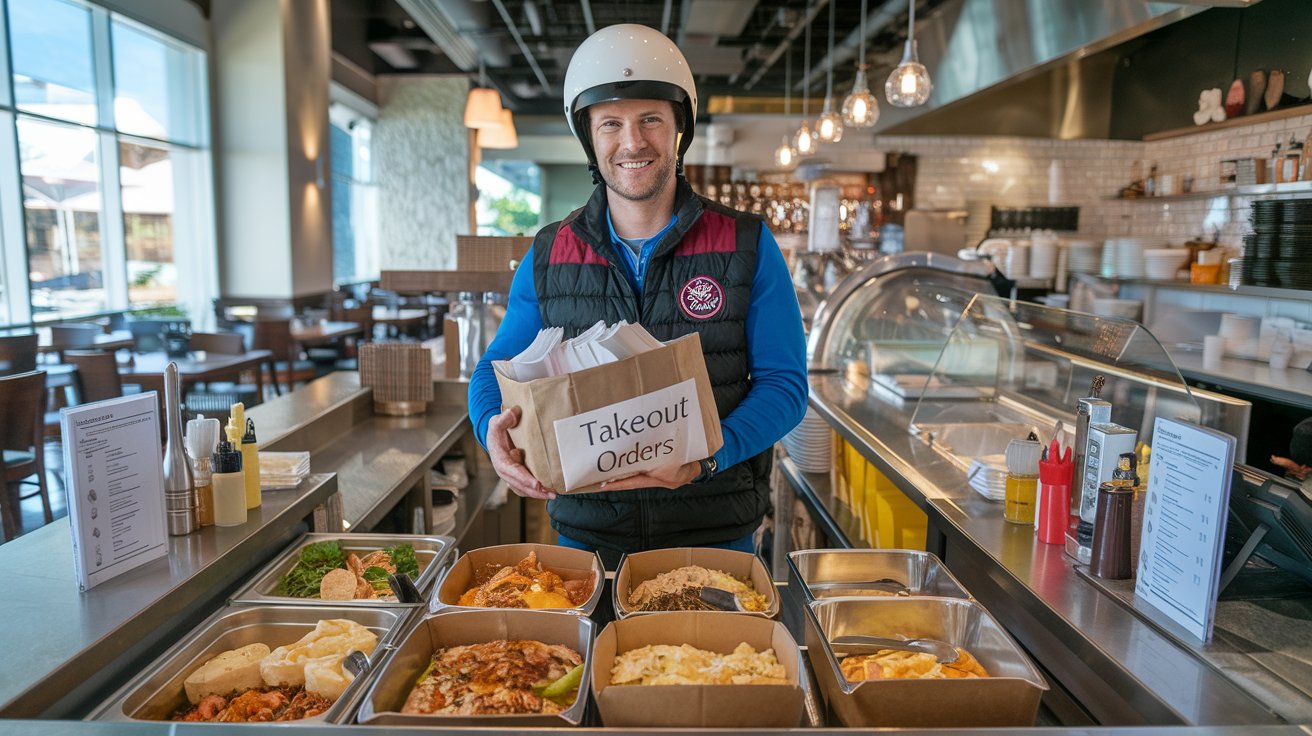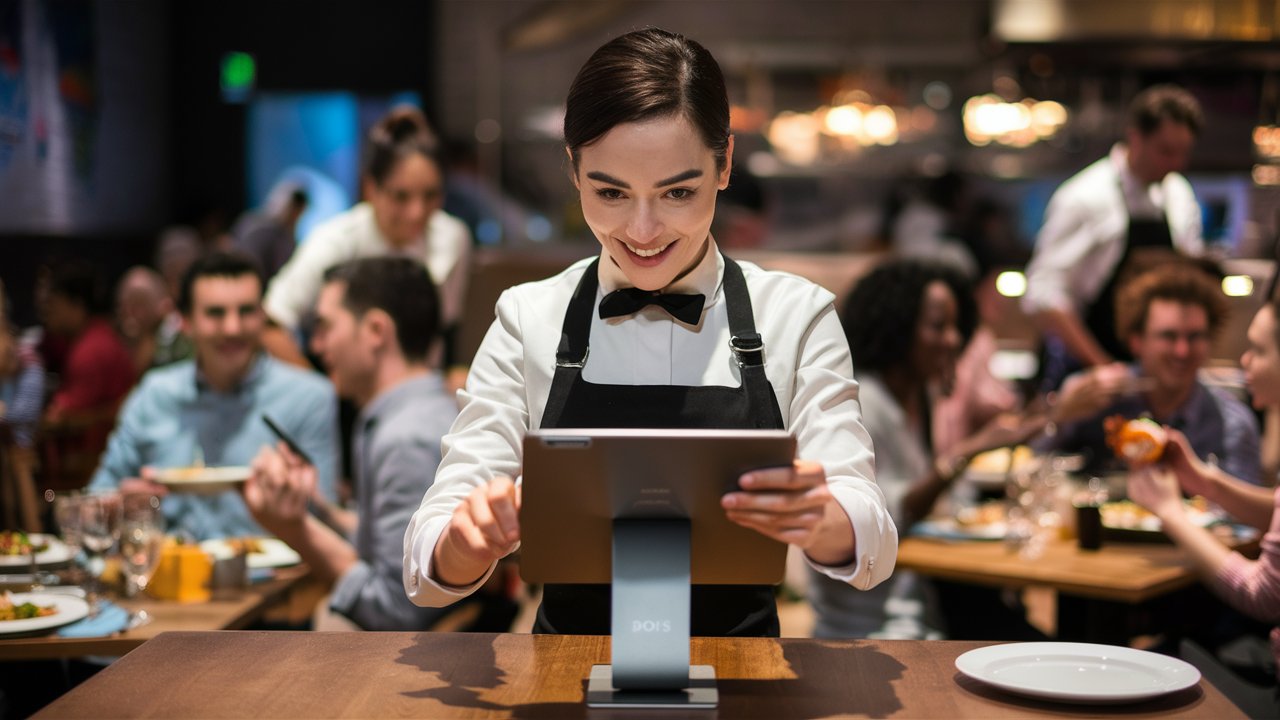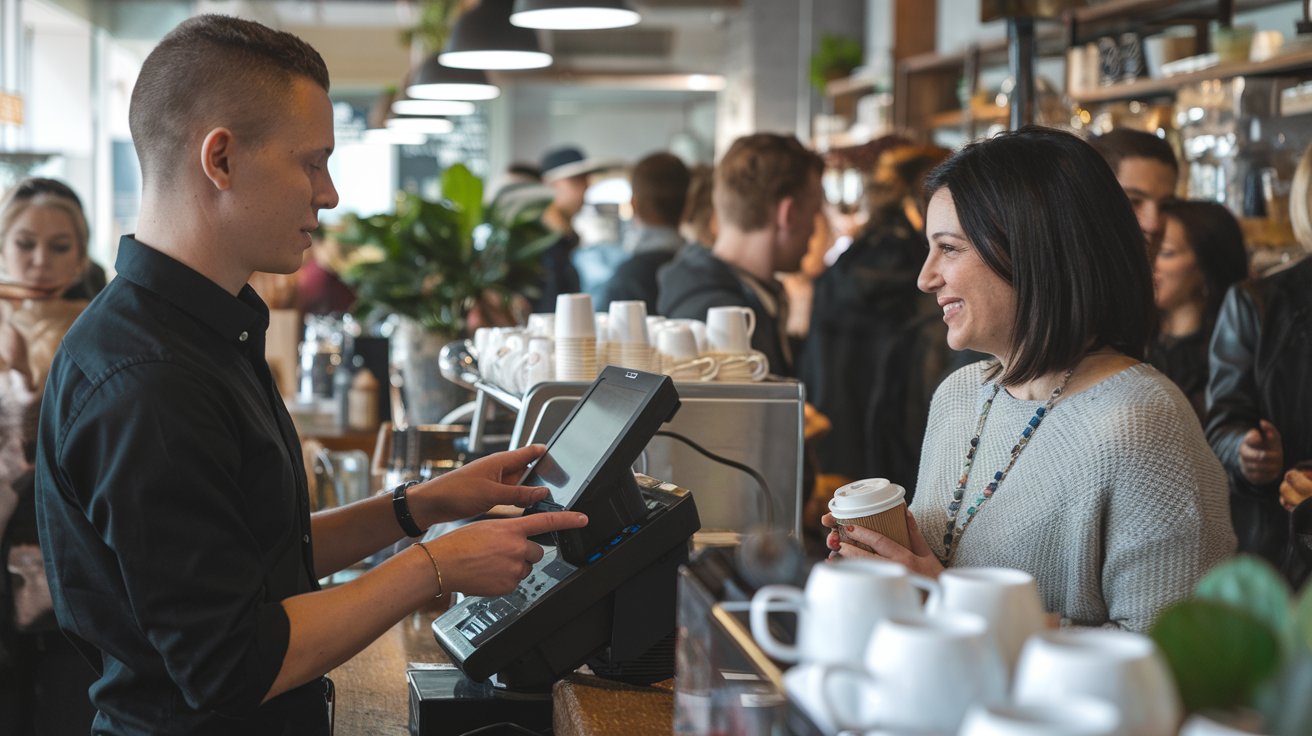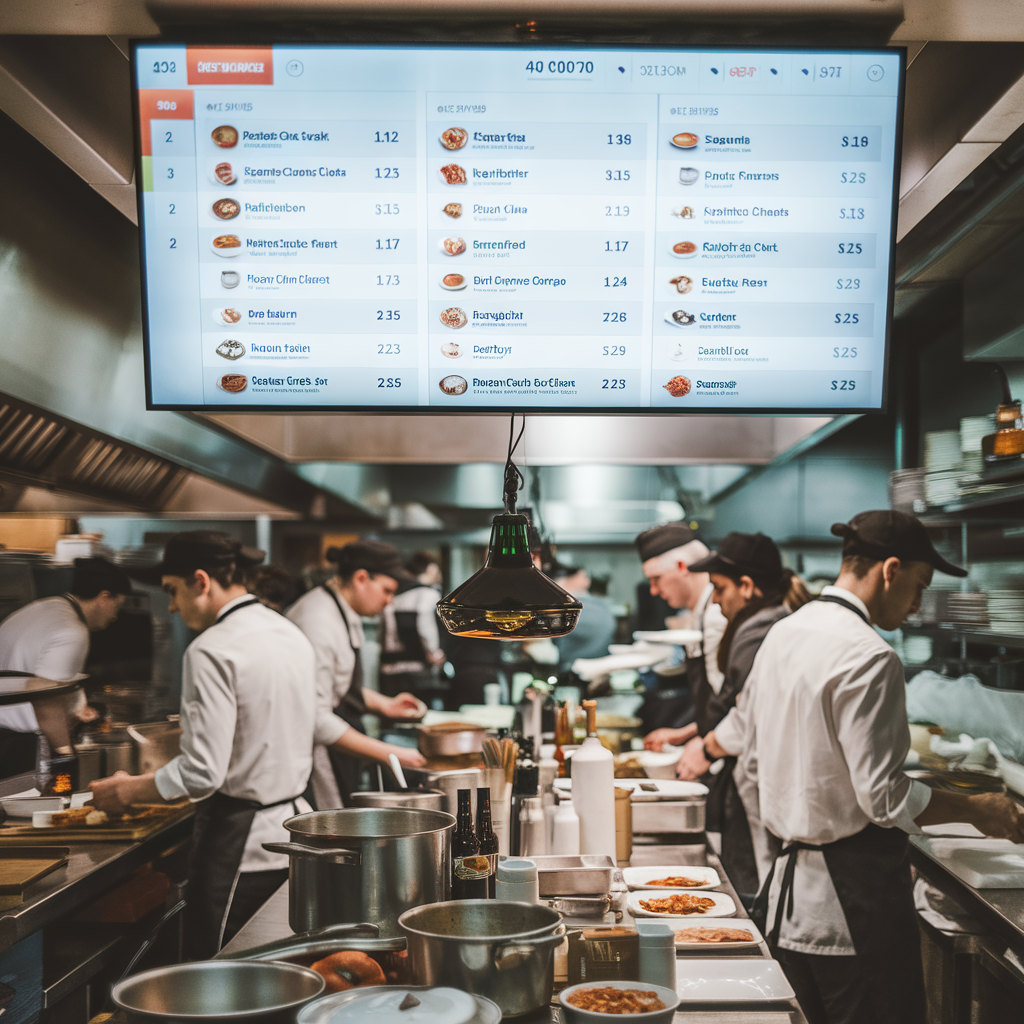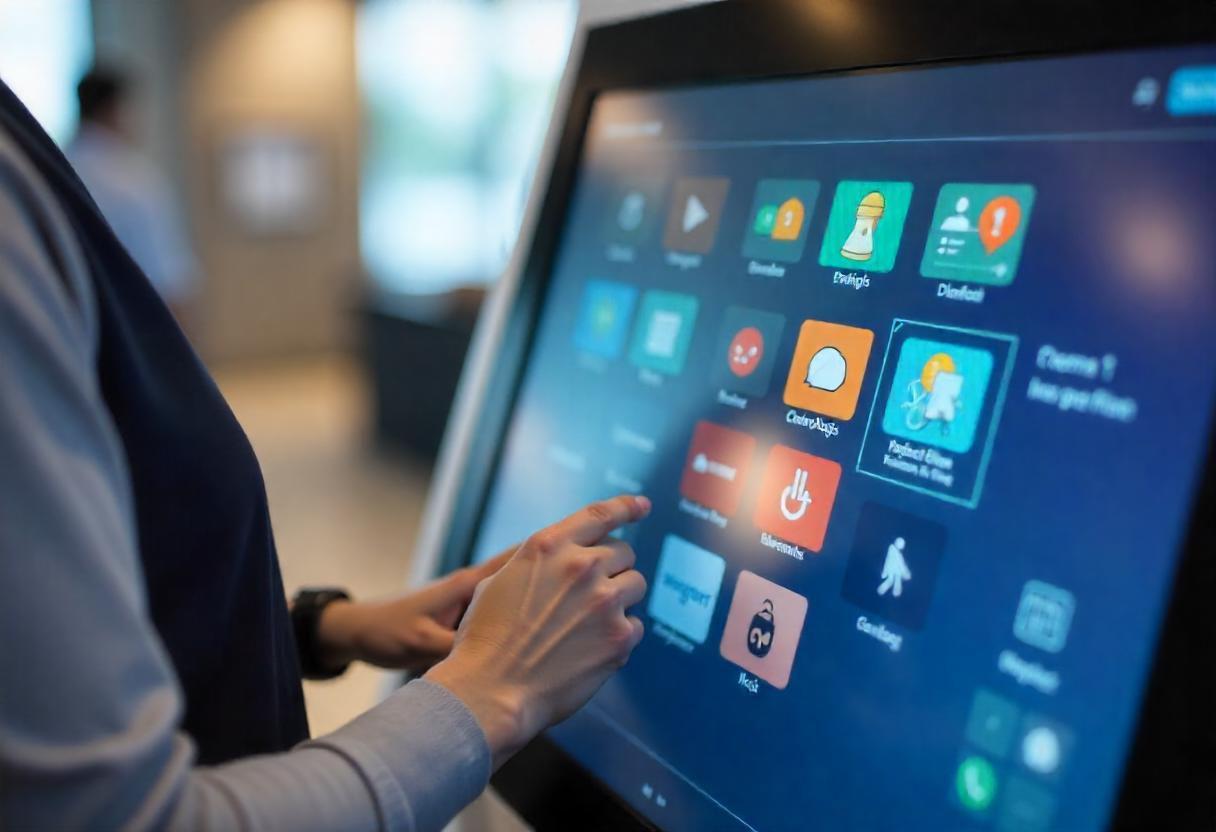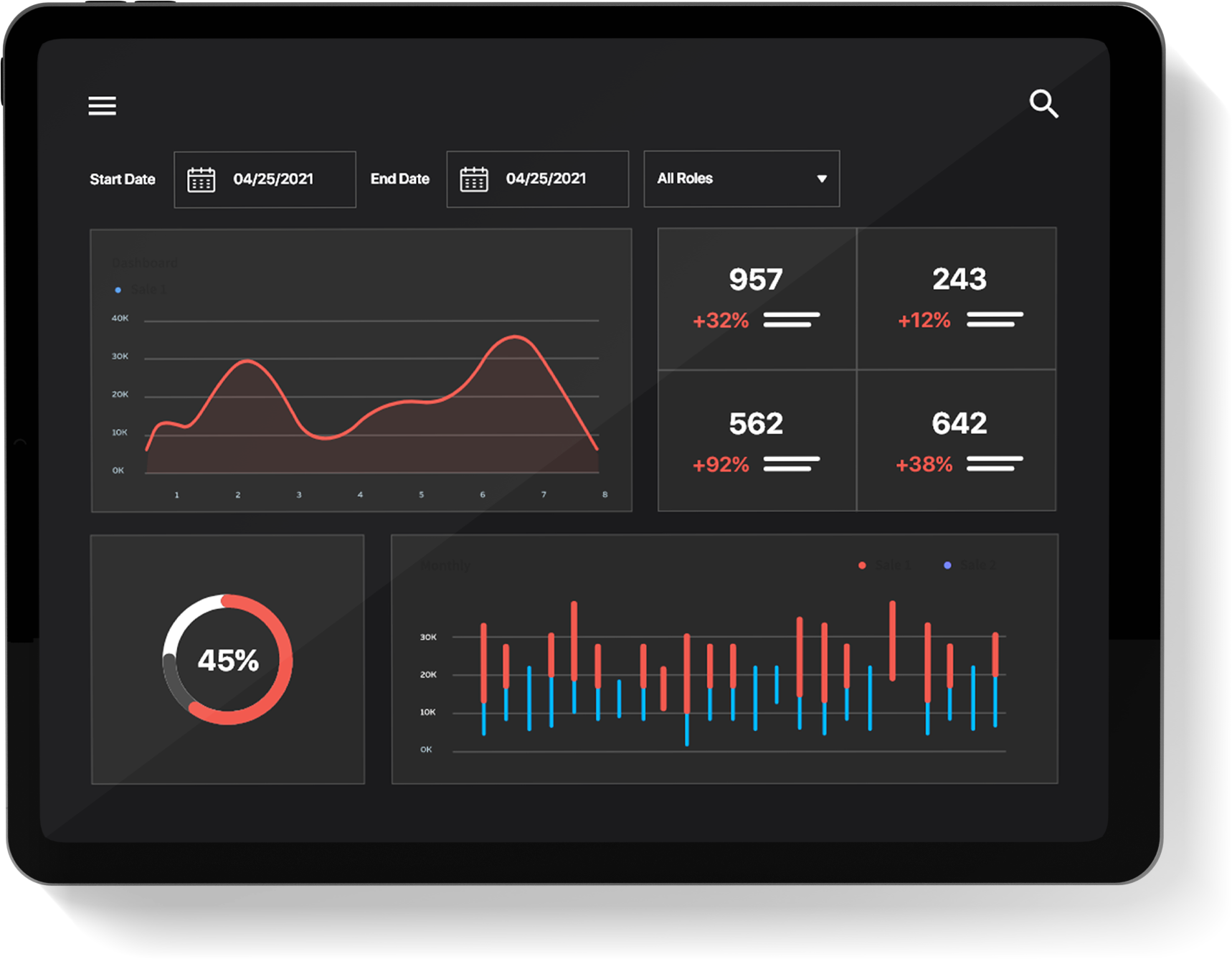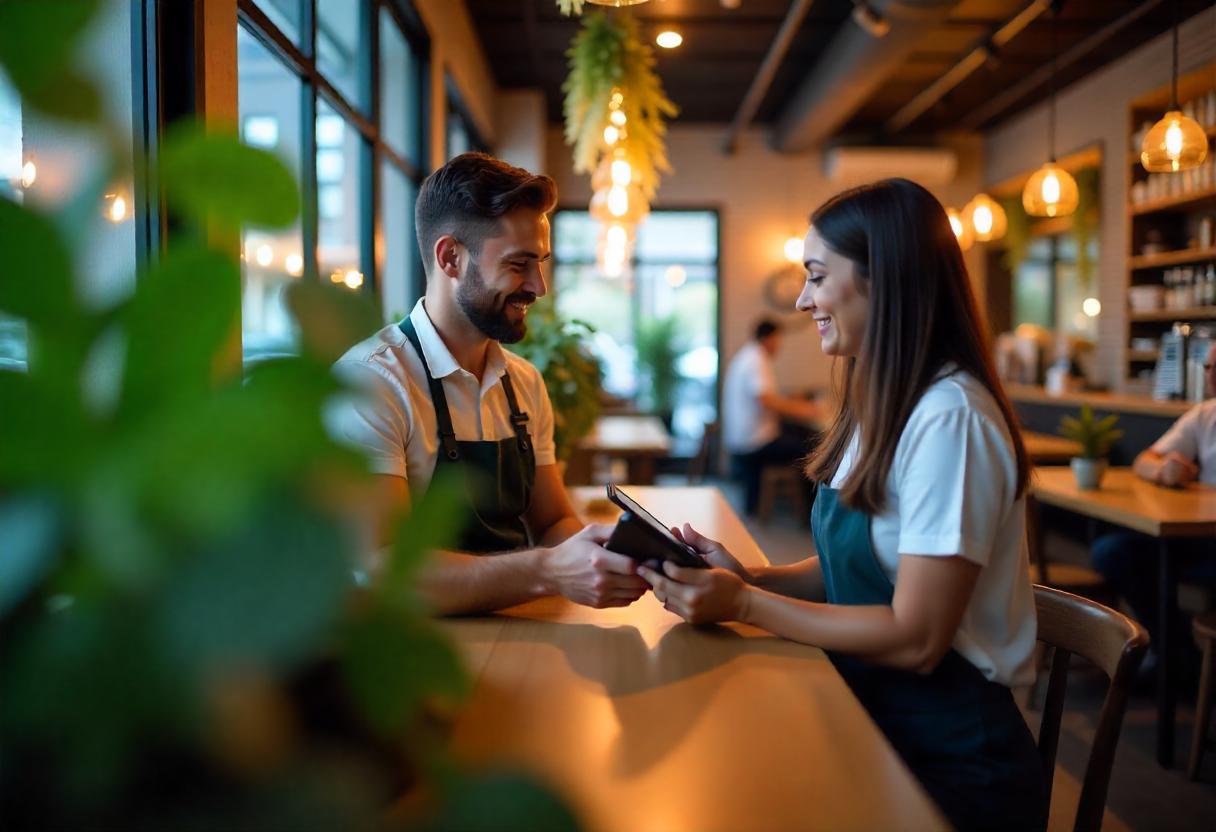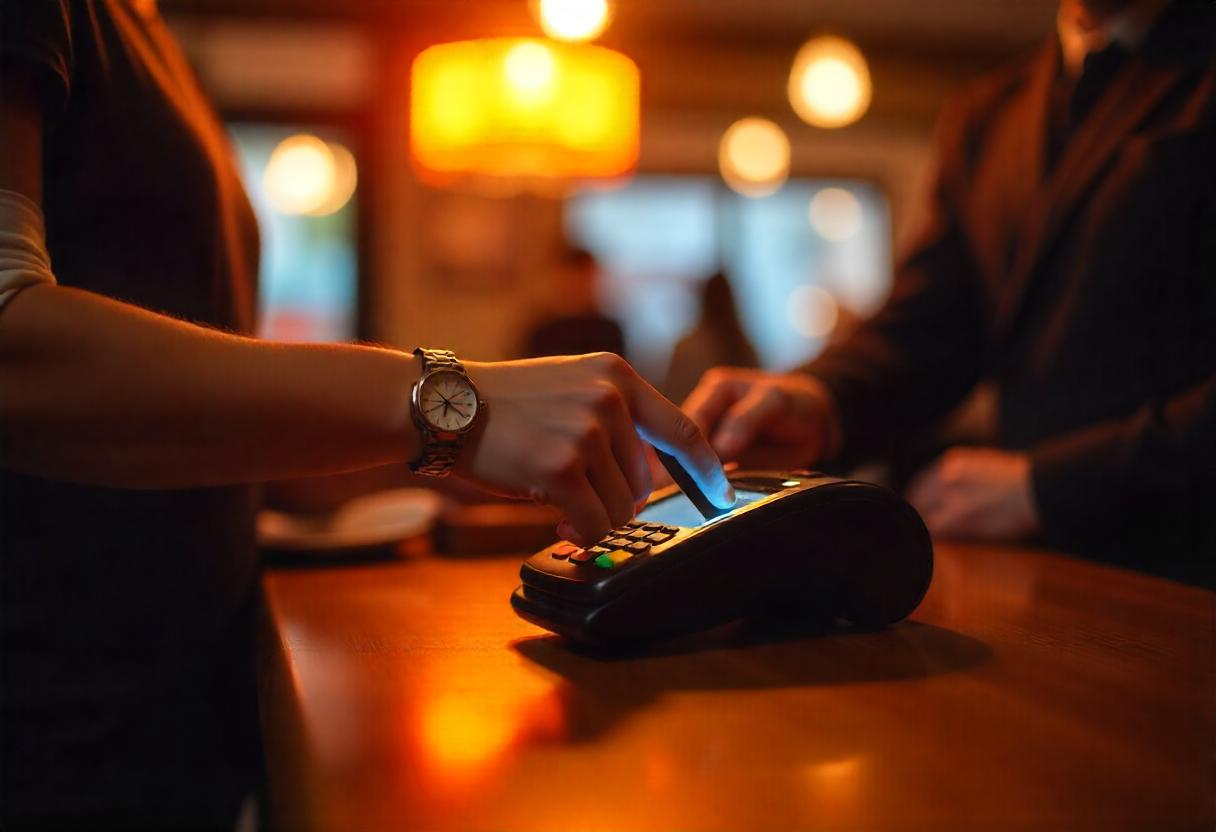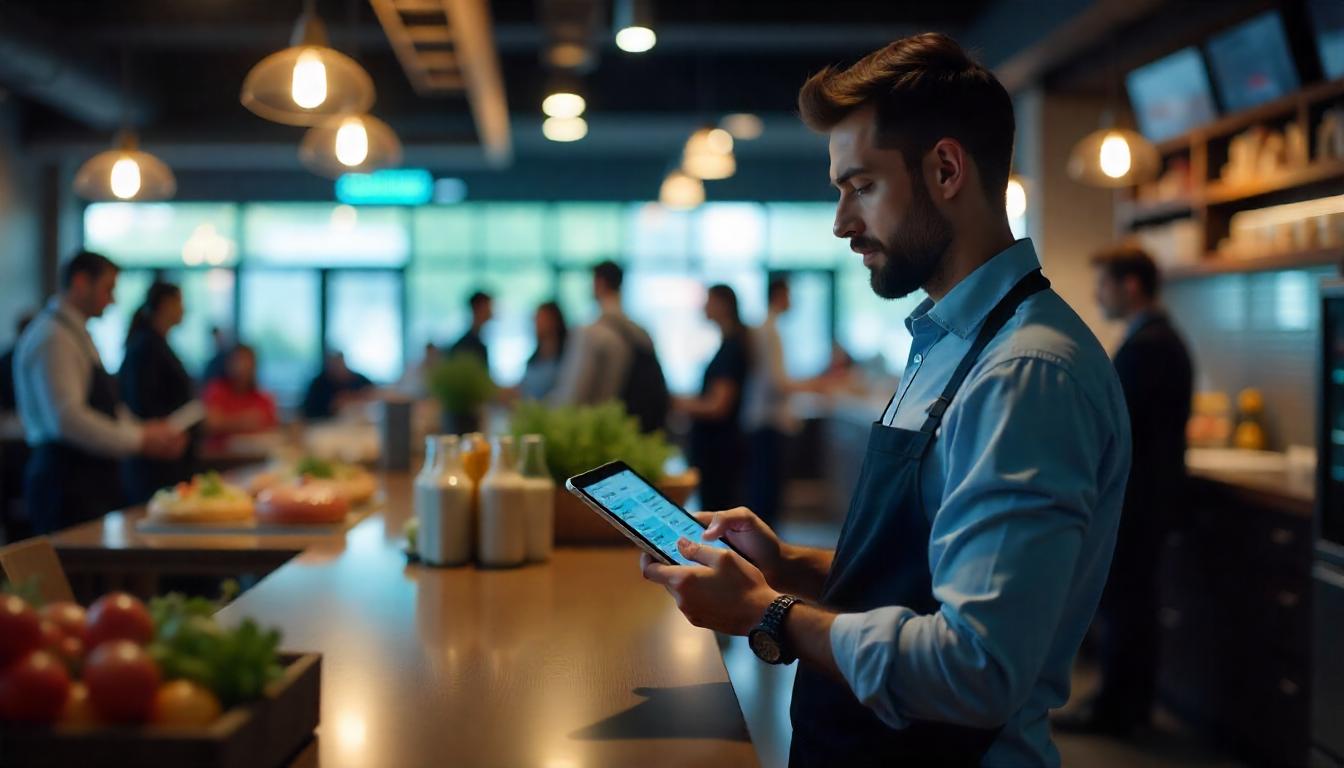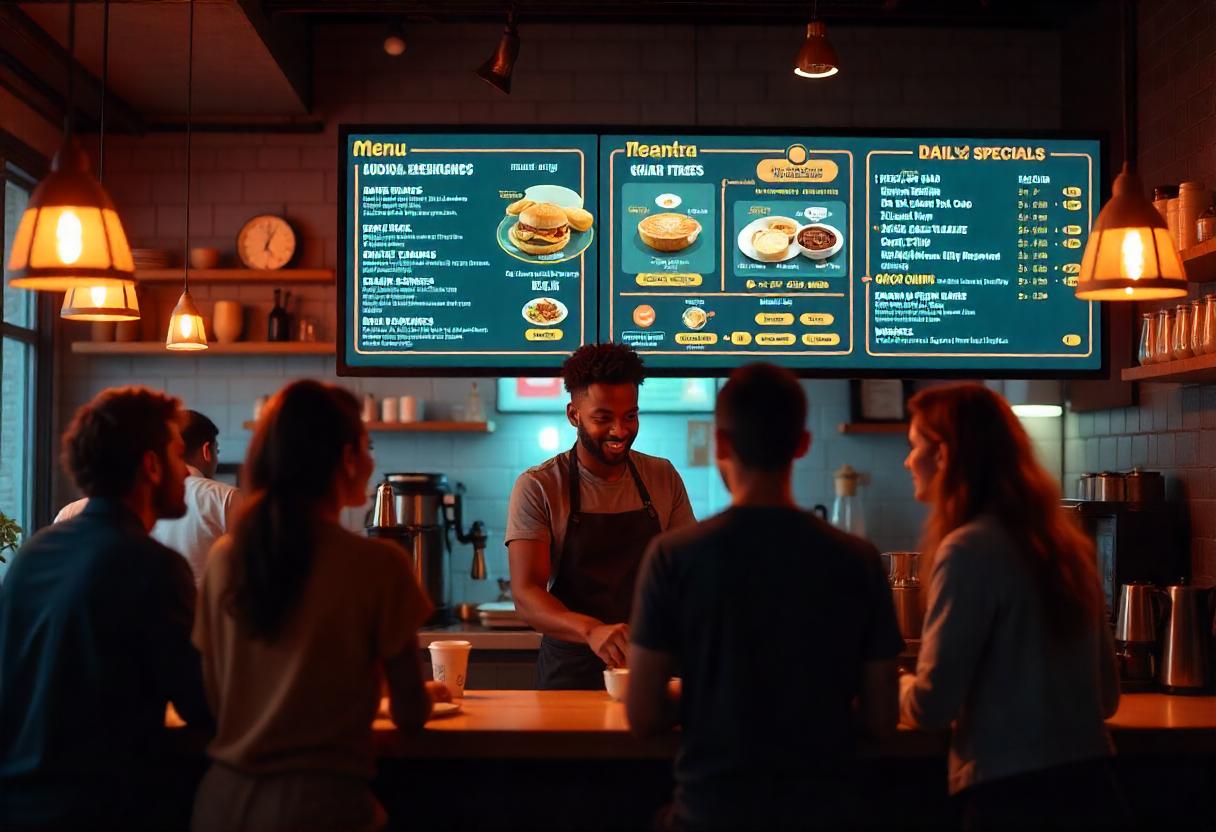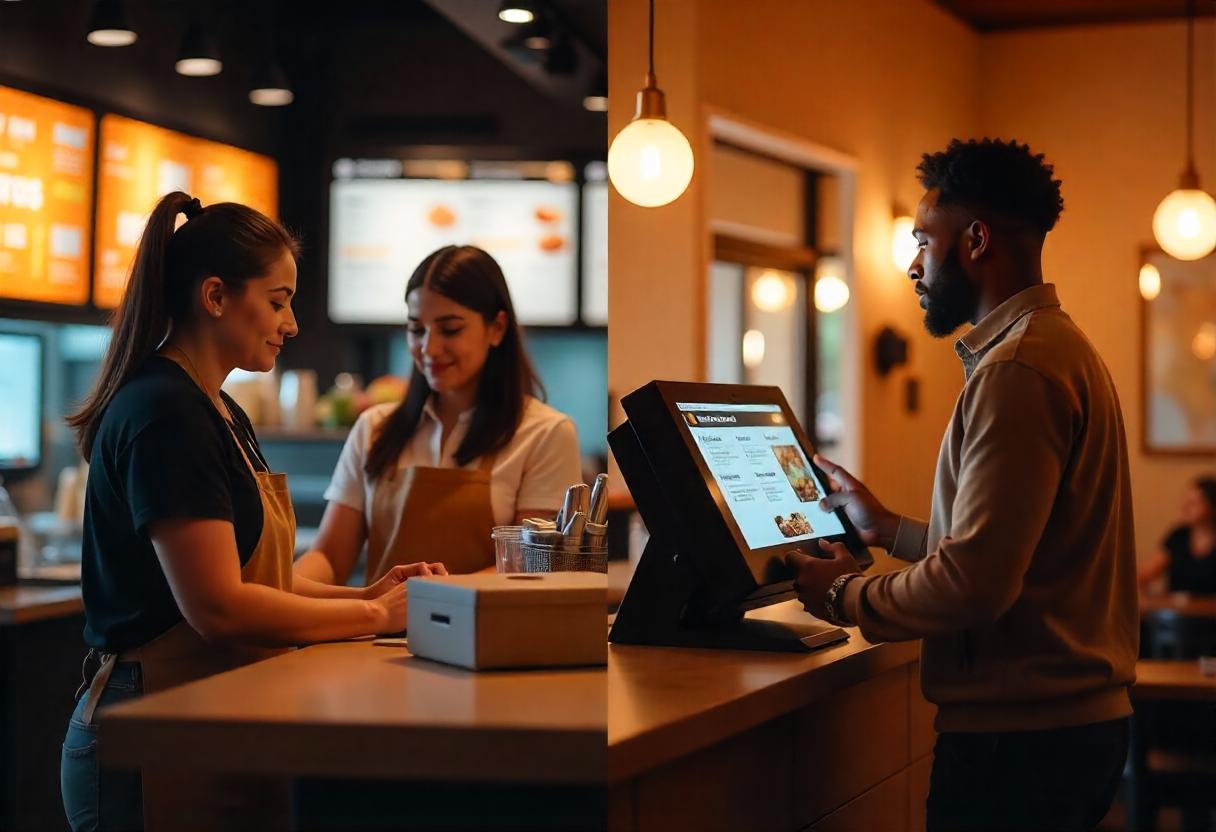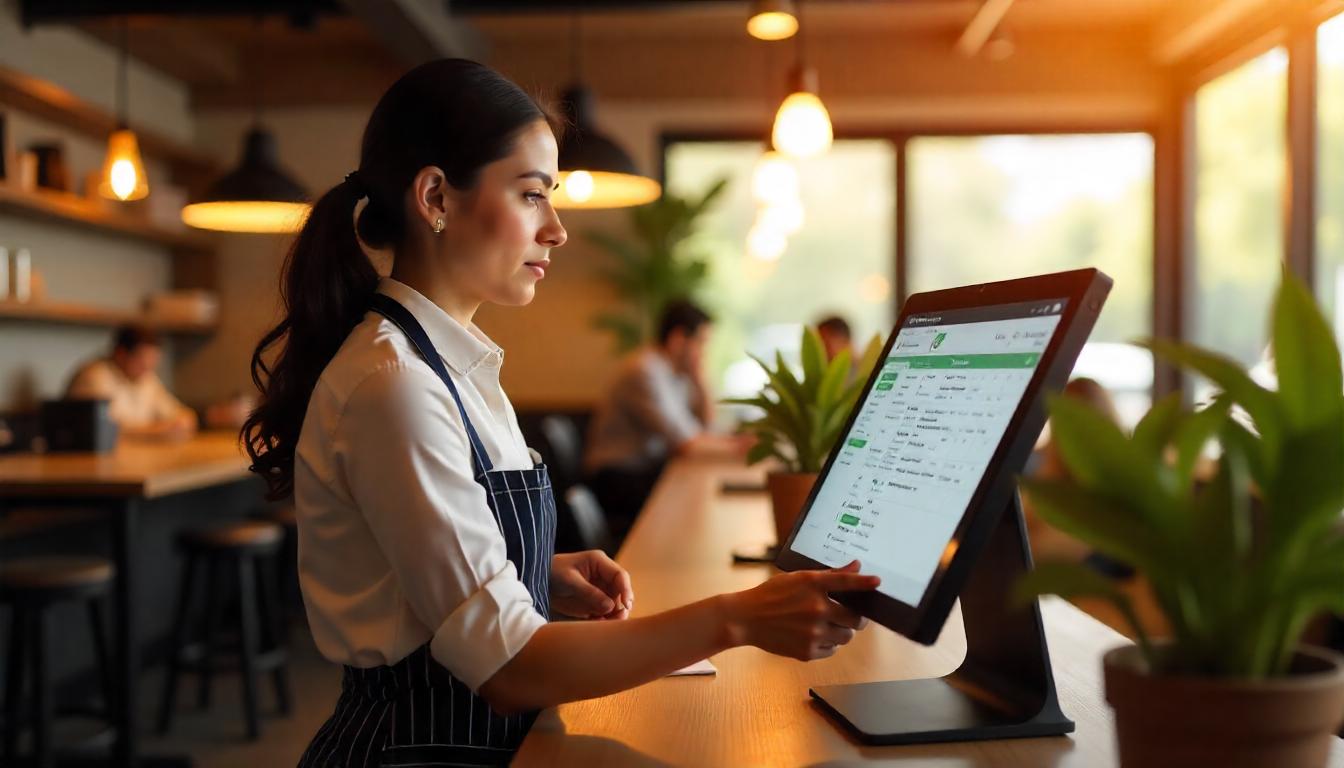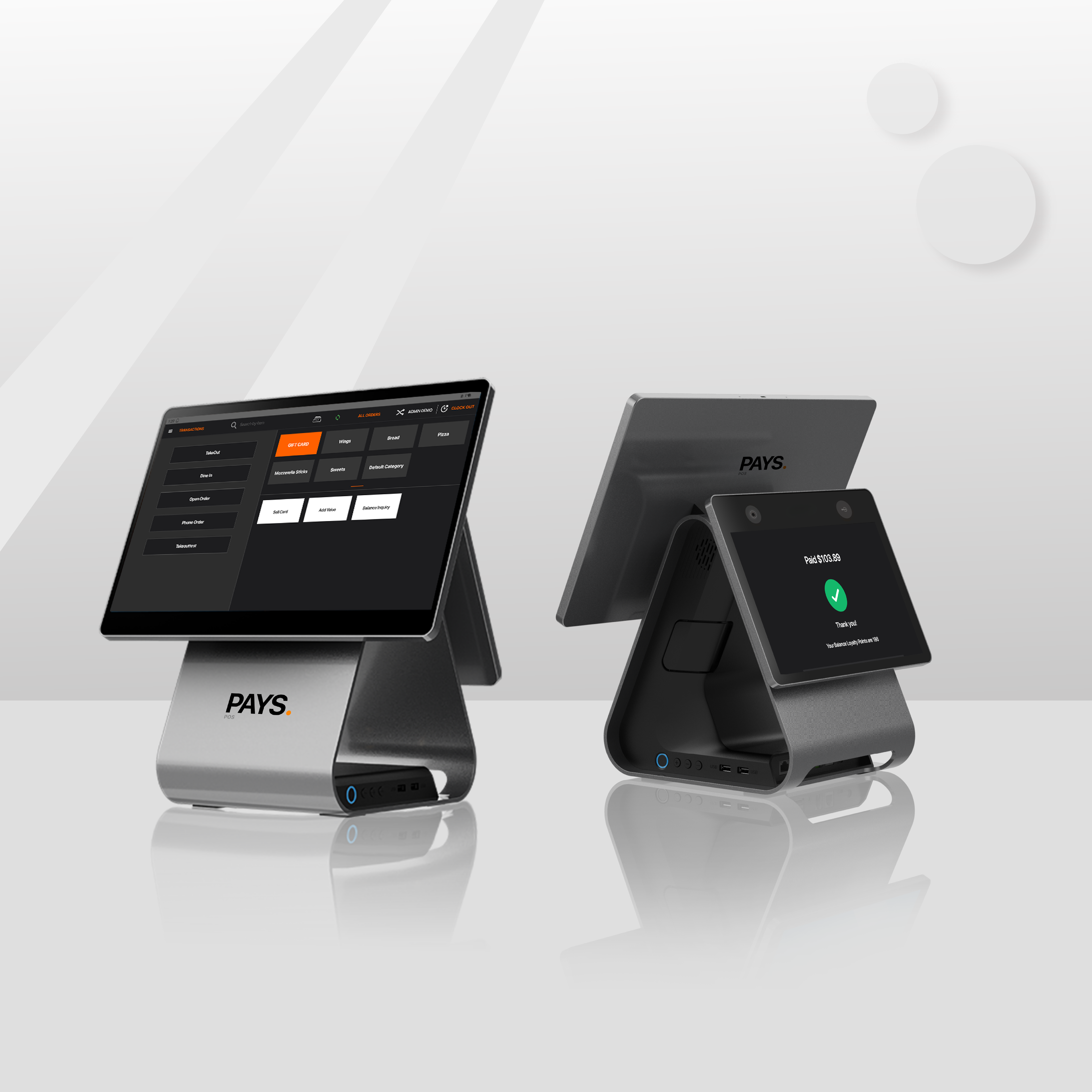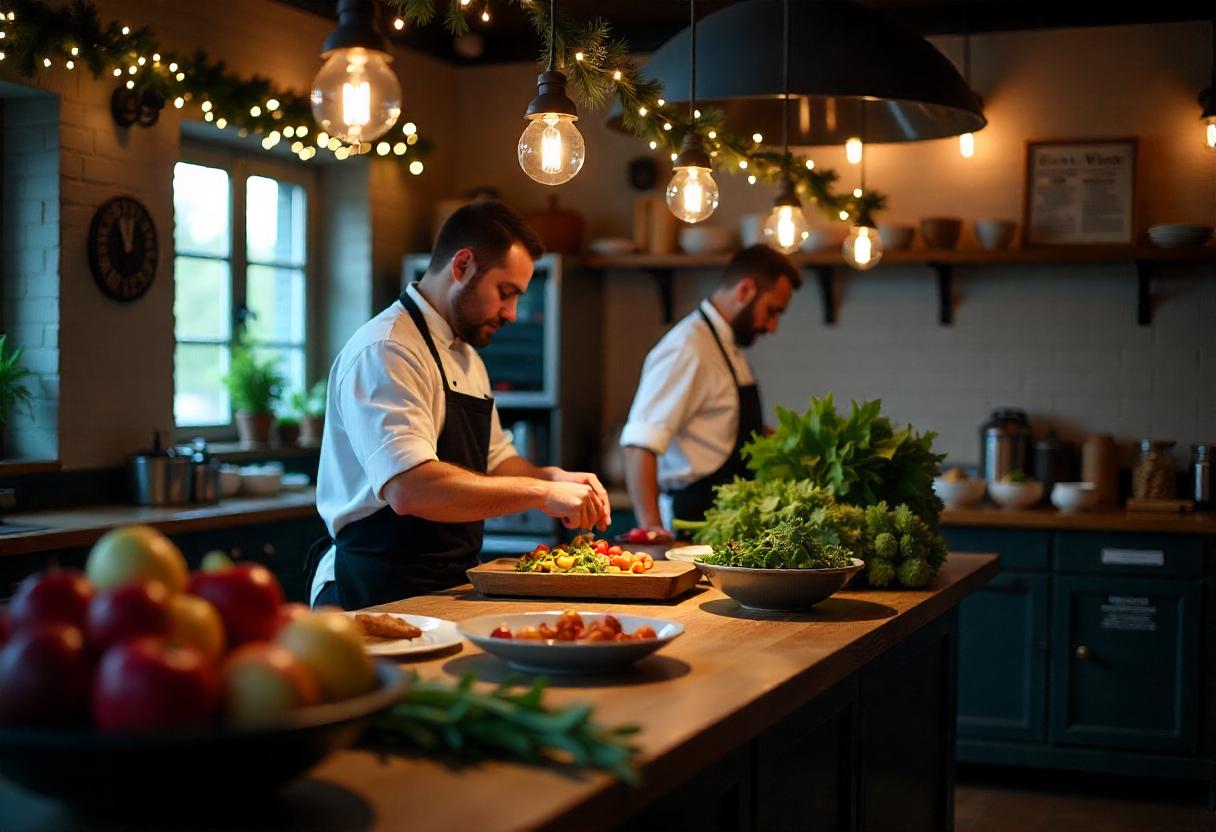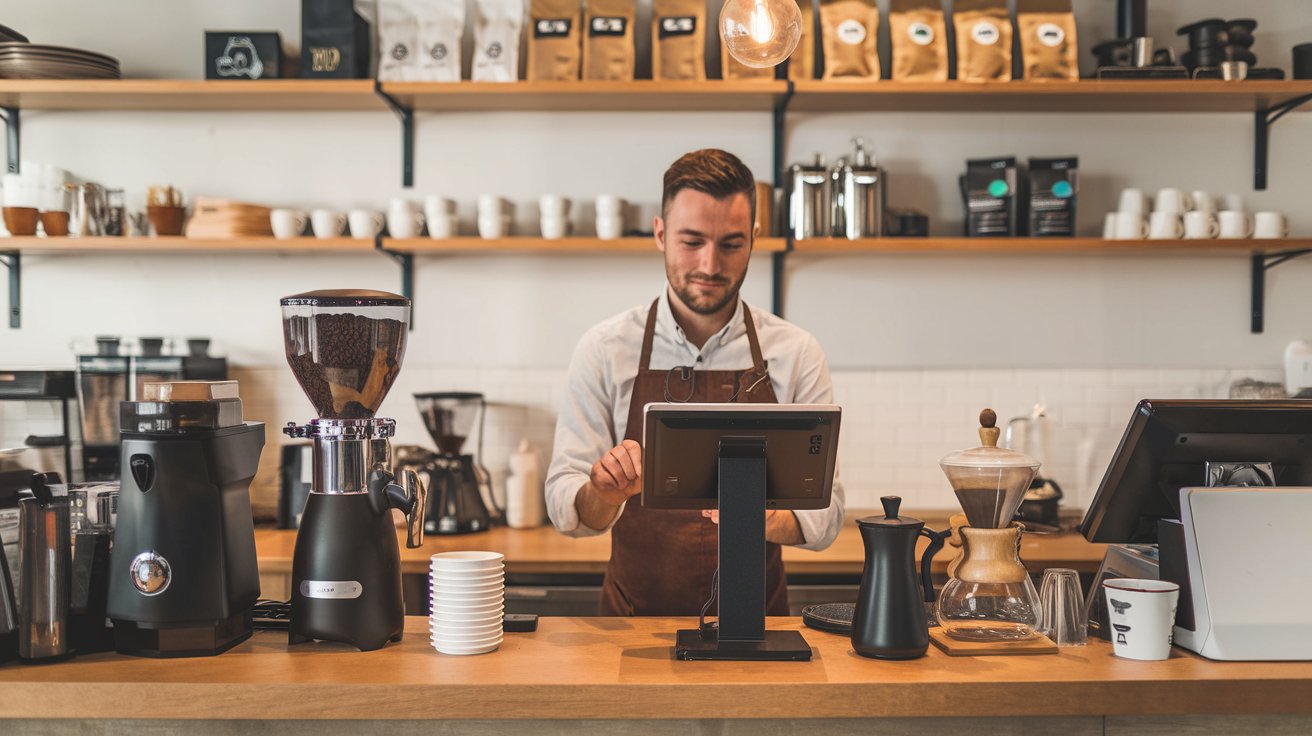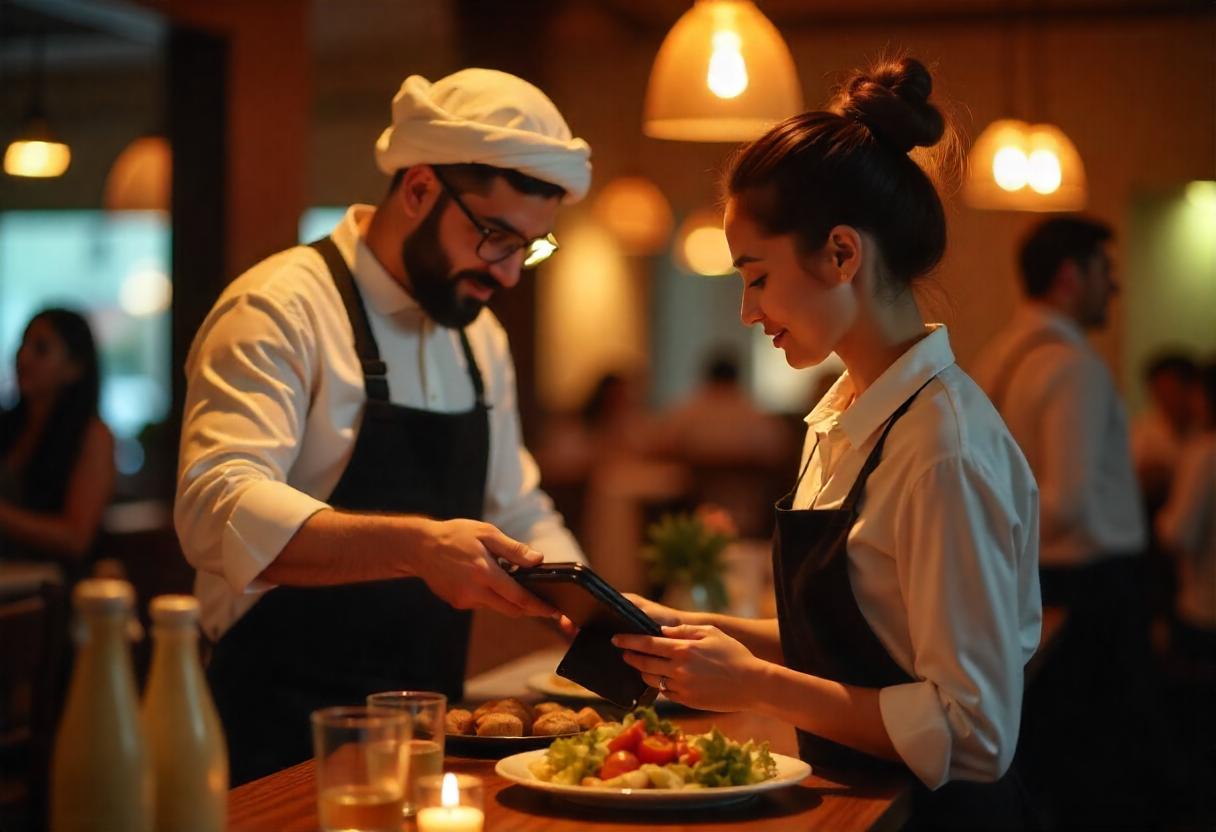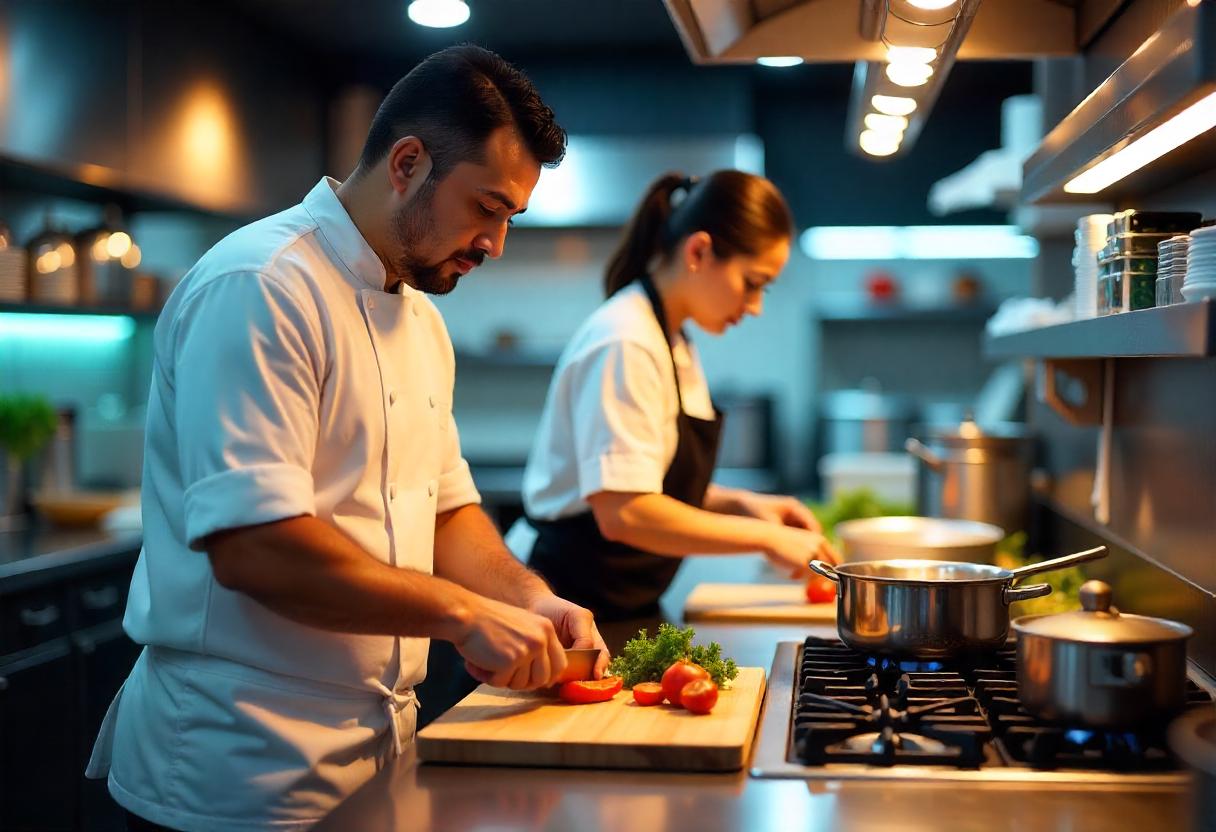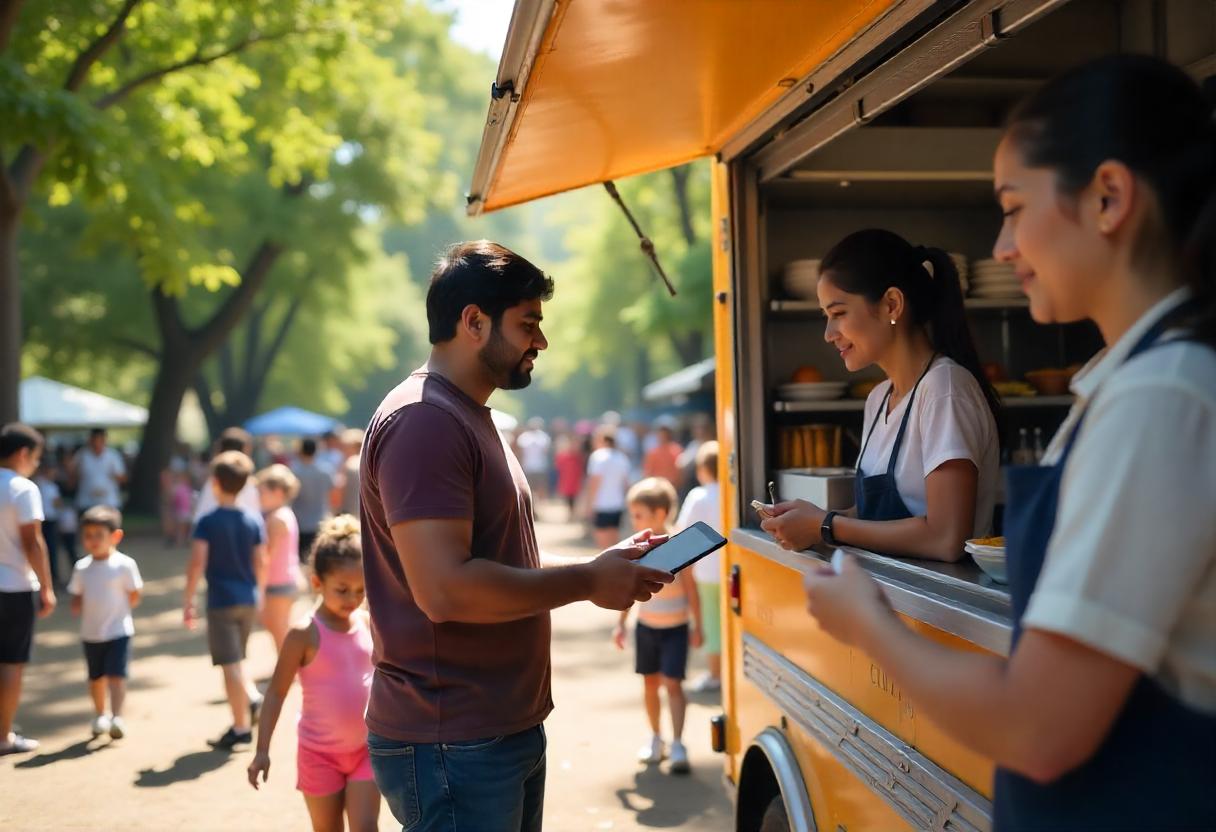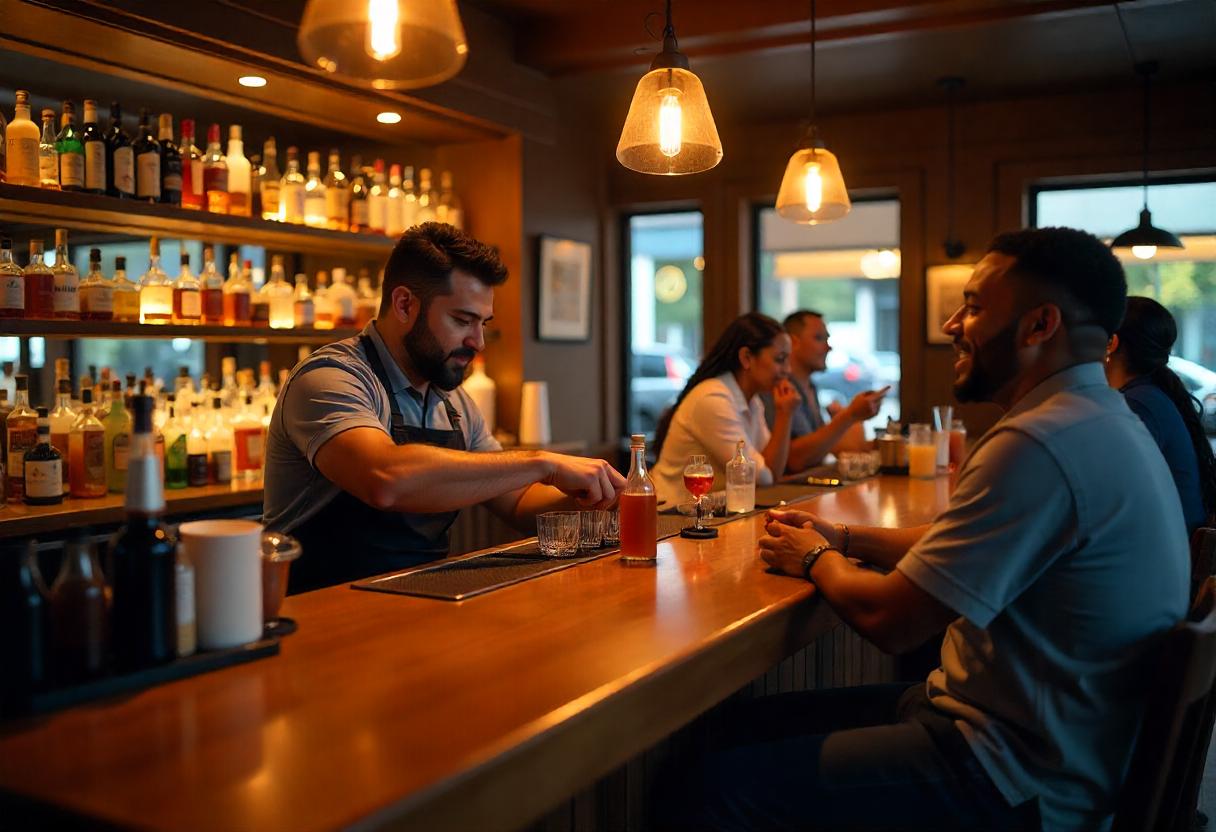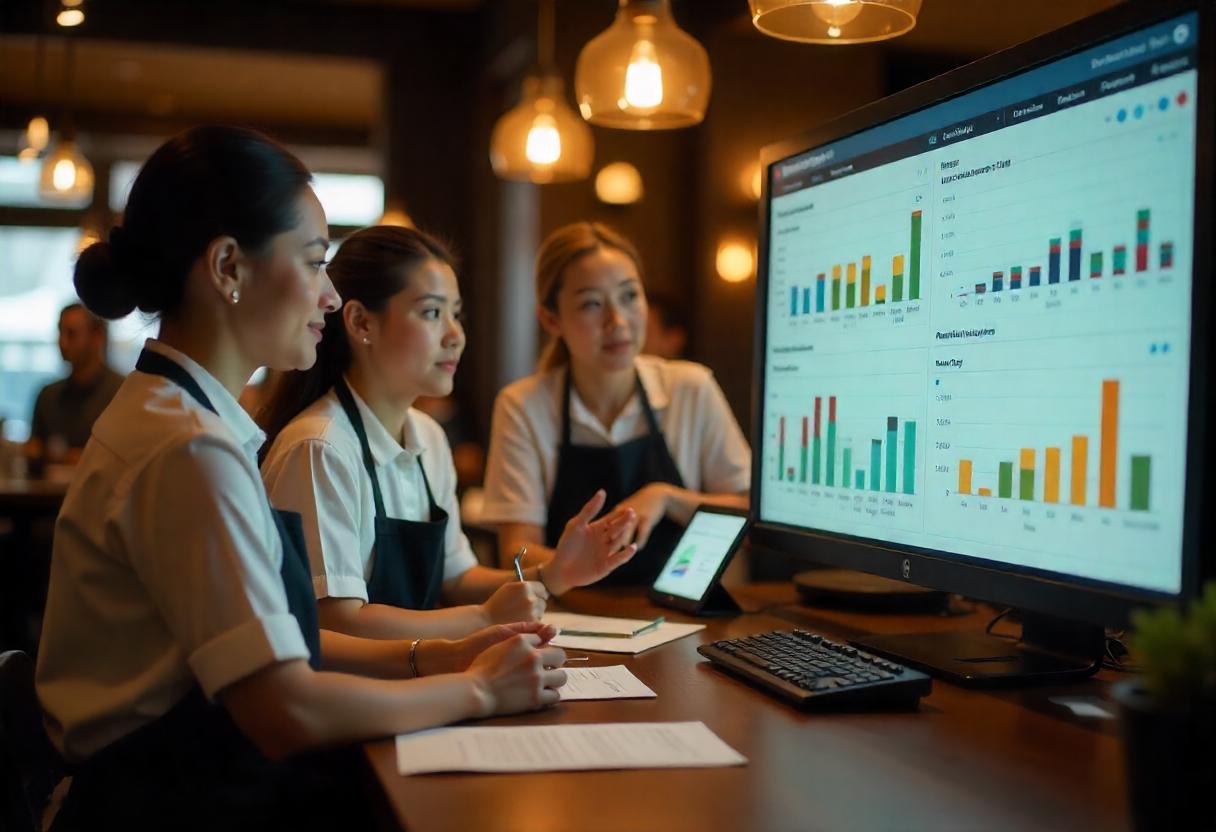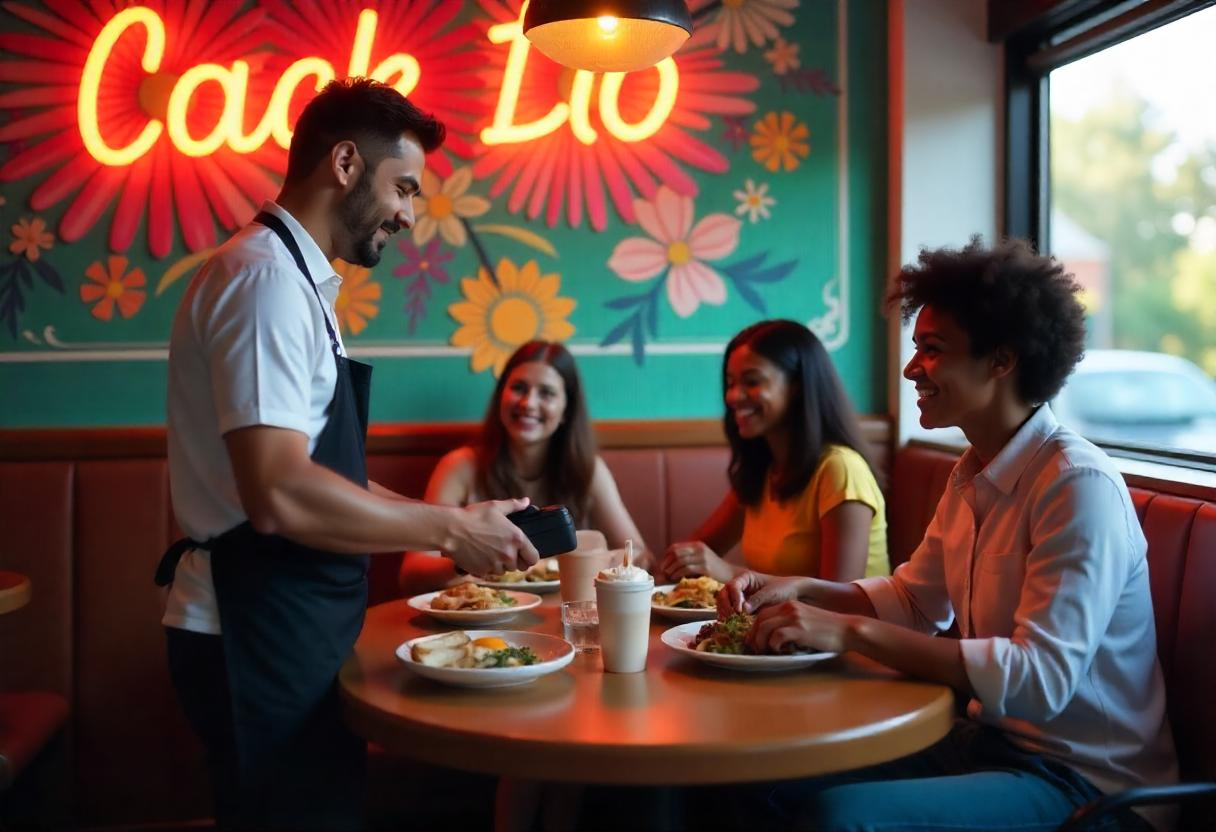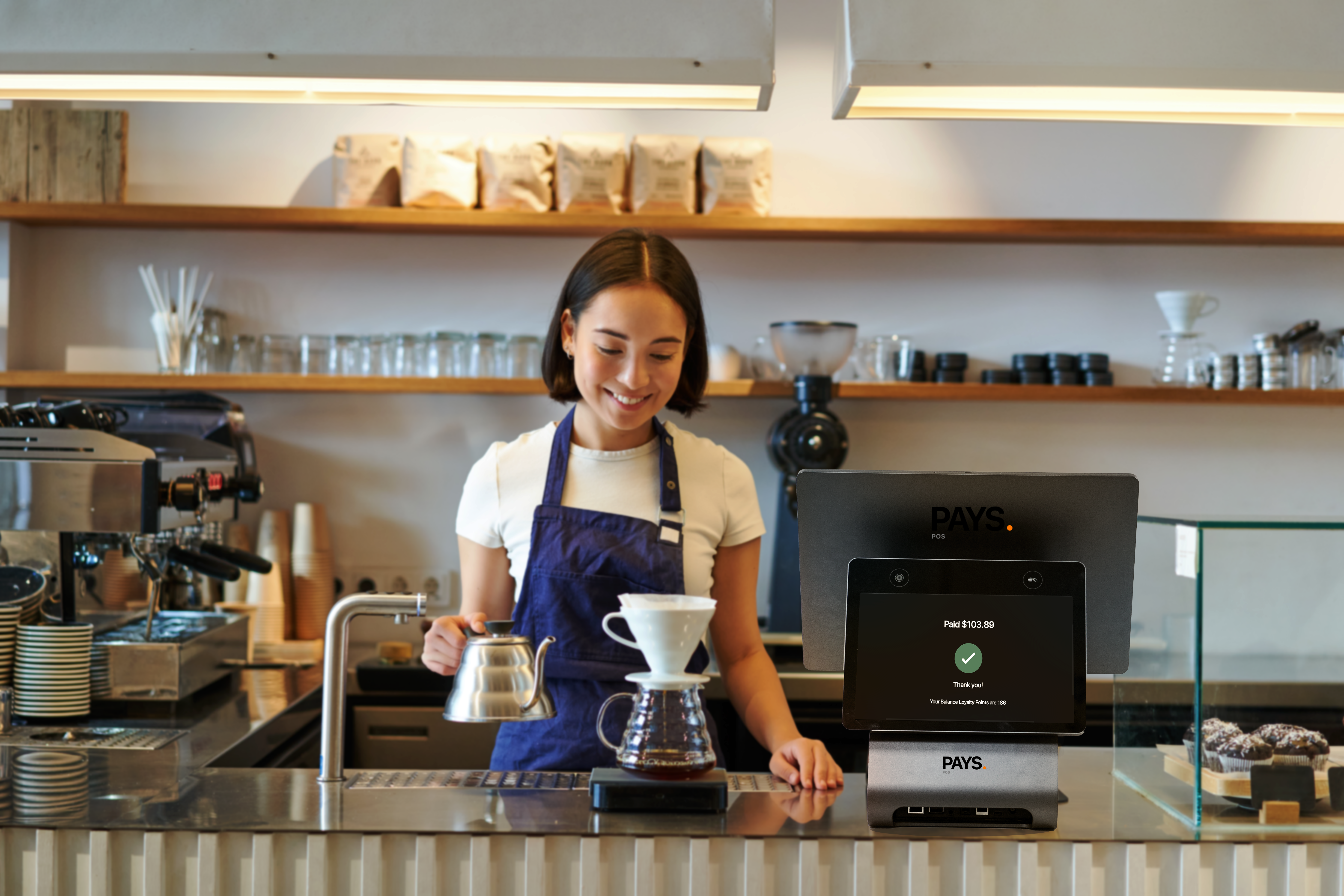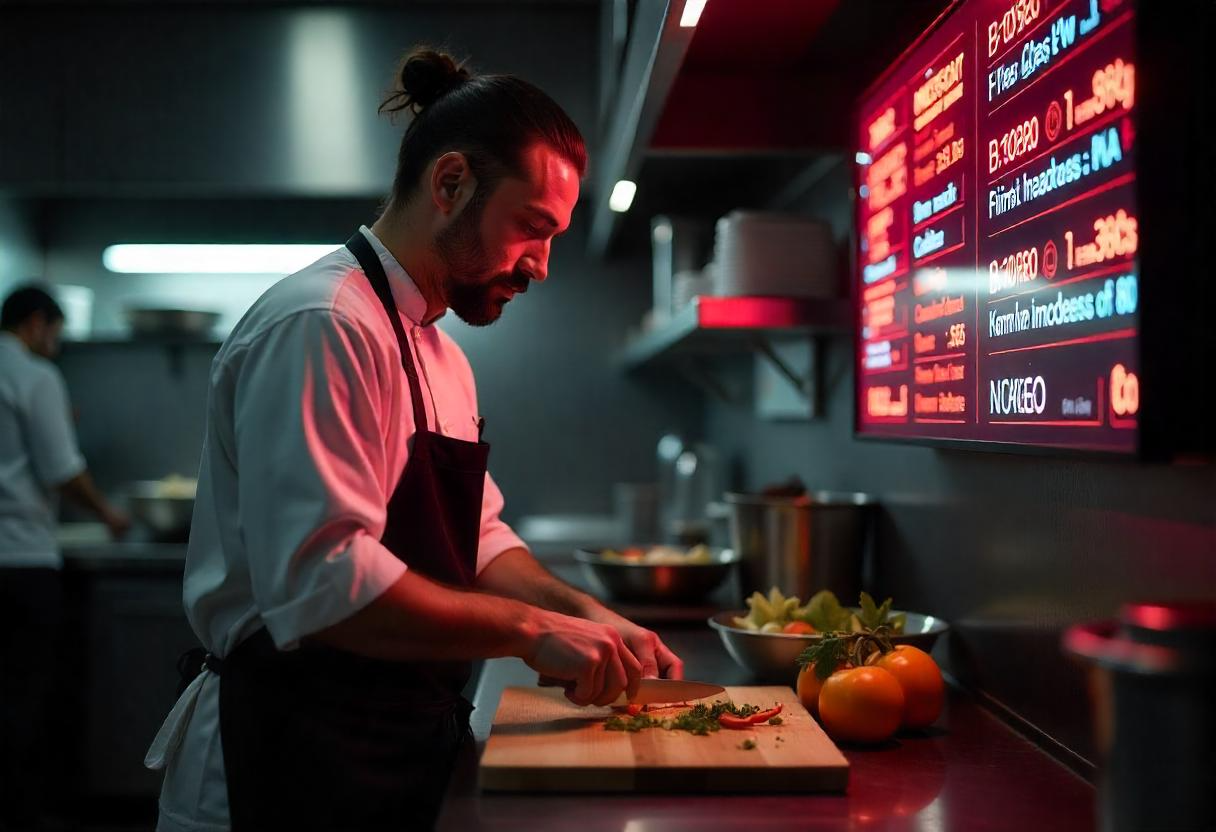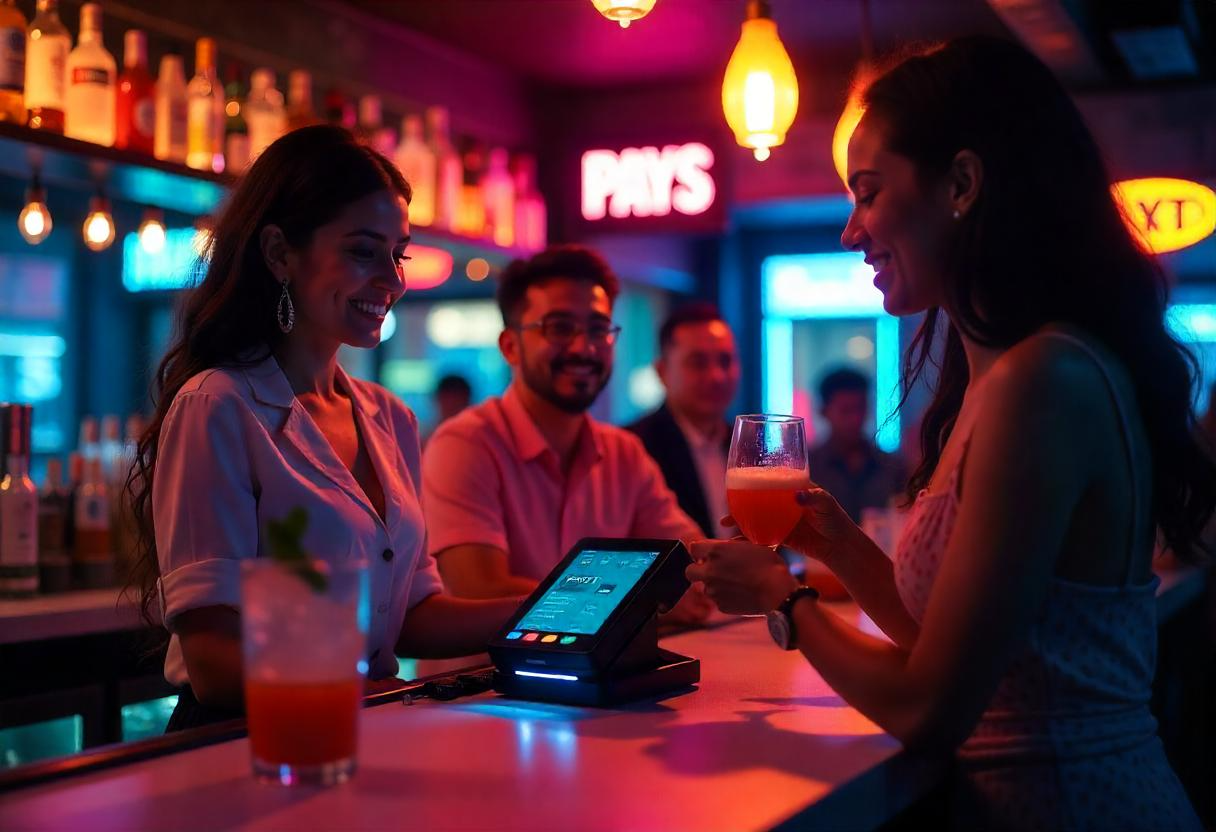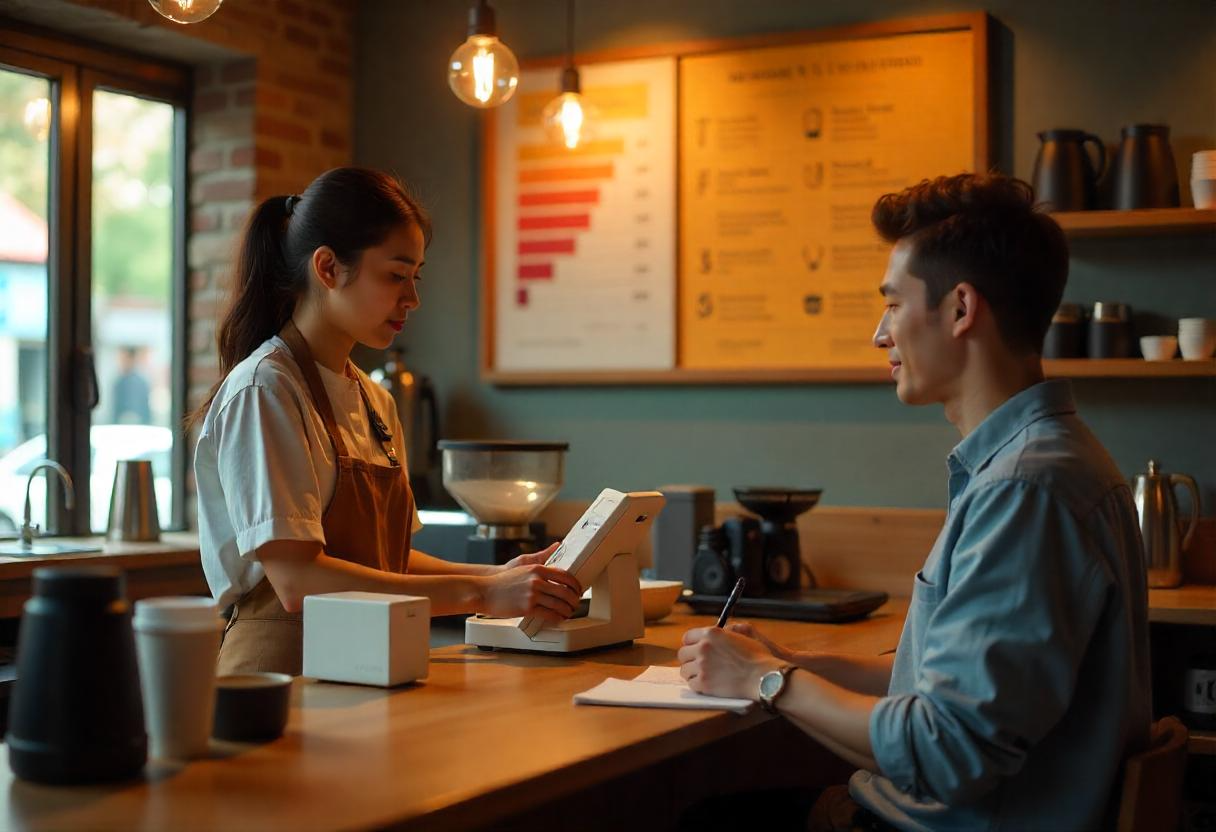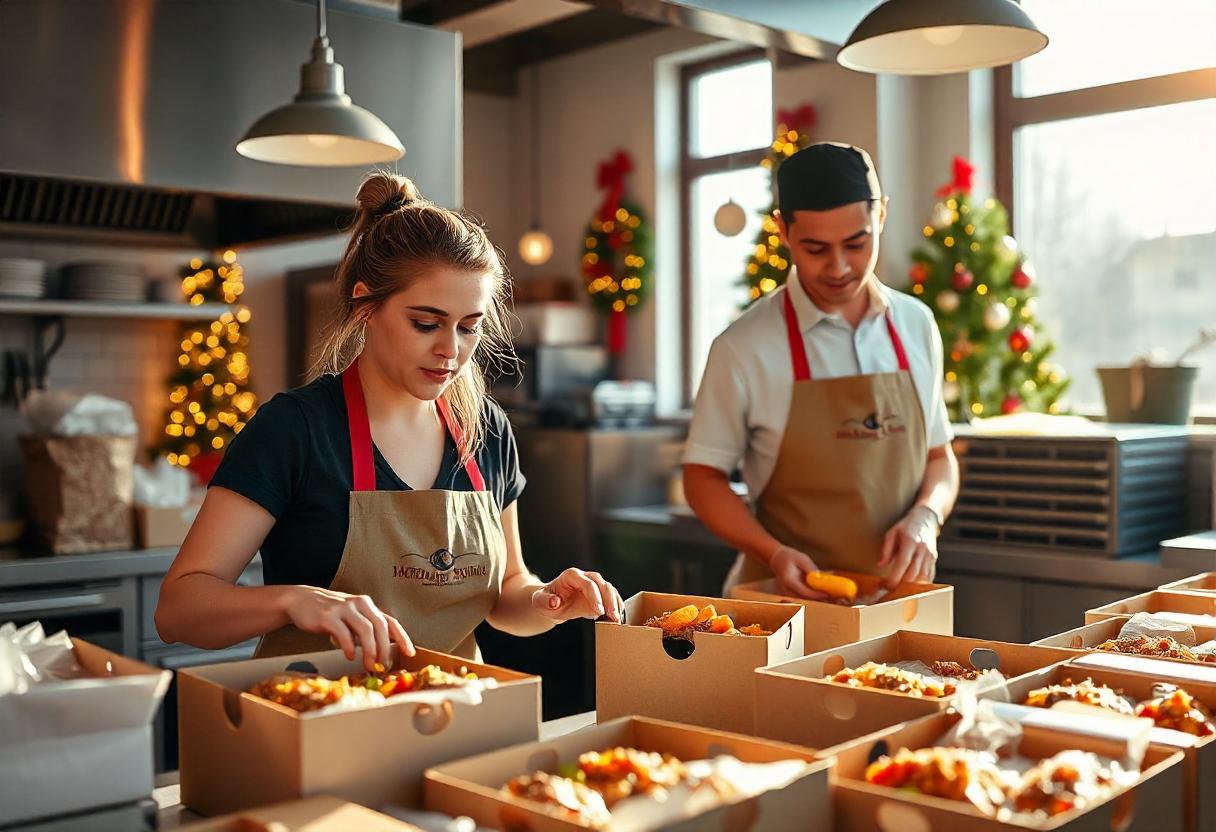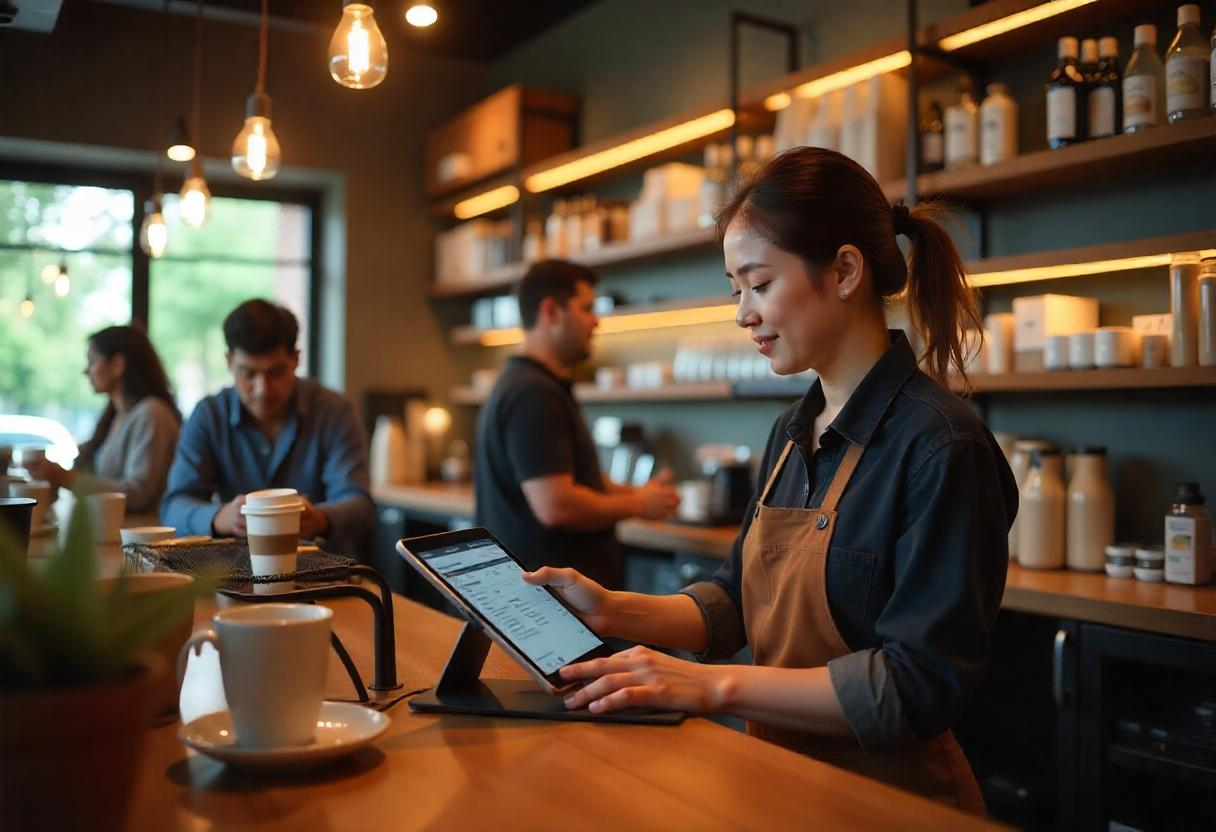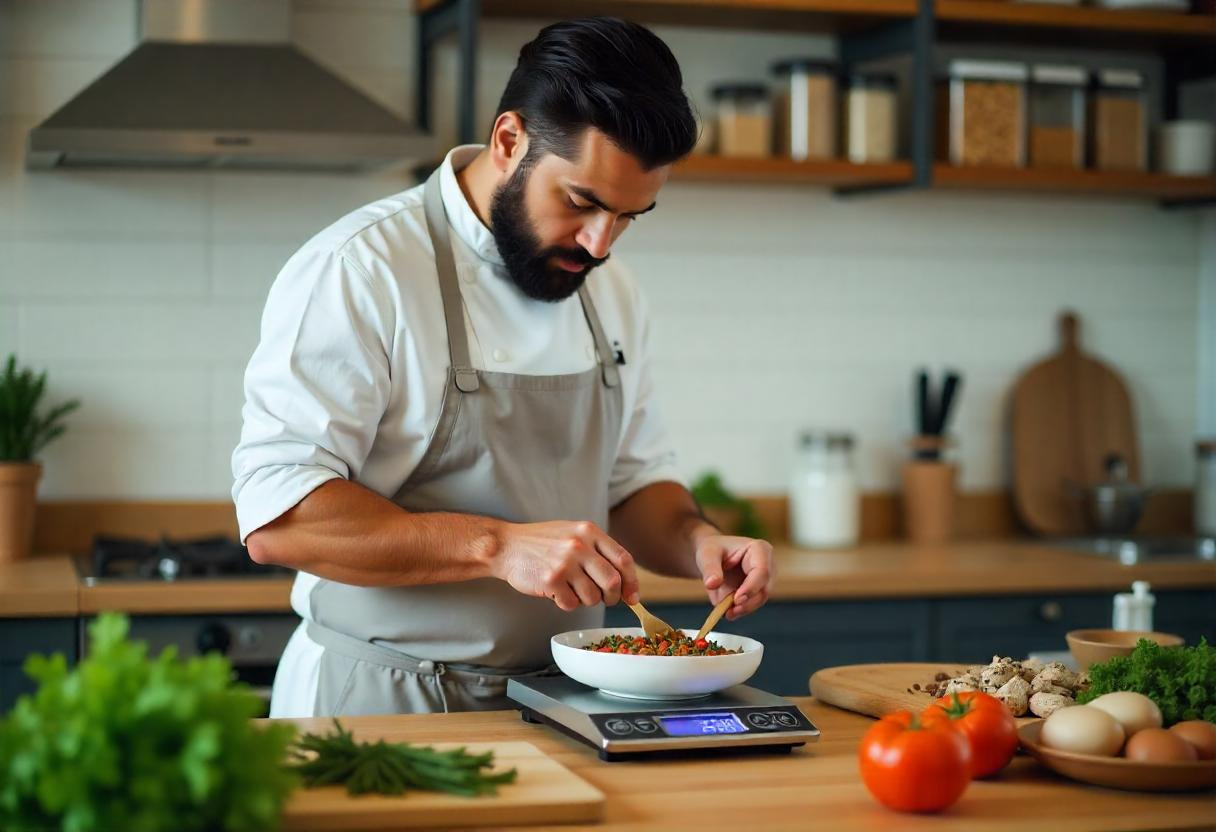Opening a small restaurant entails a lot more than a great menu; it requires passing through all the necessary legislations and obtaining the proper licenses. As one of the best POS systems for small restaurants, you will run your business without any problems, monitor the trend, and keep on top of every regulation in your area. Here is how to get your business license, especially if you are running a small restaurant

Register Your Business with the Best POS for Small Restaurants
The most crucial step towards getting a business license is to register your business. It may be a small food truck or a fine-dining restaurant; the point is that it will be registered and legal according to the law. You have to:
Choose a business name.
Check if it is not used in your state.
Determine one type of business structure, for example, sole proprietorship, LLC, or partnership.
Small restaurants prefer LLCs because it provides the least protection of personal assets in case of business risks. This is the time to put a point of sale system for small restaurants into place, so you can begin tracking your operational costs and manage stock. An organized best POS for retail small businesses will make everything – from customer payments to sales reports – easy.
Tip: Most states have online resources for searching business name availabilities. Once you’ve narrowed it down to a name, complete registration forms and submit them to the appropriate state agency.
Choose a Business Type: Best POS for Pizza Restaurants
Choosing your business type is the base foundation of how your business will operate legally. Here’s a rundown of the most common types:
Sole Proprietorship: The easiest to form, but it gives the least amount of personal liability protection.
Partnership: When two parties do business, this is appropriate.
LLC (Limited Liability Company): Its popularity amonst small restaurant owners as it safeguards personal assets. Management is flexible and held by several owners.
While selecting the business structure, the specific needs of your restaurant type must be put in consideration. For instance, if it is a pizza parlor, then the best POS for pizza restaurants will ensure that the whole affair runs smoothly then from day one. With the best POS system for small restaurants, your technology should match your business structure for smooth tracking and reporting.

Obtain All Requirements with Best POS for Small Restaurants
Now that you have registered your business and settled the legal structure of it, it is now time to collect all documents that may be required for the completion of your license application. You will need:
Your Employer Identification Number from the Internal Revenue Service.
Ownership documentation or a lease agreement on the restaurant location.
Compliance reports under local zoning laws.
Business plan which shall outline what your menu shall be, whom your target customers are, and how you intend to market the restaurant.
Evidence of insurance covering liability.
These records can be kept very easily within an organized point of sale system, such as the best point of sale for small restaurants, and manage your financial records while streamlining your application process.
Confirm Local Licensing Requirements
More requirements for some cities and counties include obtaining a business license, especially for restaurants. Some of the requirements may apply for a health permit, zoning clearance, or even a building permit. So, it is best to check local rules to ensure all requirements are well met.
Using android POS such as Pays POS, you can monitor additional permits to ensure your restaurant is following what the city instituted. Managing such documents within your POS will help you manage other licenses better to avoid a non-compliance risk.
Tip: If you are opening several locations in various cities and states, you will know specific regulations of each region. Pays POS can be set up to track licensing of requirements across locations.
Apply with the Best Point of Sale Software

Once you have all of the documentation that is required, it’s time to submit your application. The submissions may differ from state to state because some states allow you to file online, while others require hard copies submitted at local offices. For that purpose, you might need to pay a fee for applying, which varies between $50 and $500 across different locations.
Make this process smoother by having the best point of sale software to record your application and its status. Some POS systems are provisionally installed with document storage features that can help you store your business documents digitally so that you can easily access them.
After approval, you must hang up your license in your restaurant as the law demands.
Renew and Update Licenses
A business license is not a one-time exercise. Sometimes you will have to renew it, and this might happen yearly or even after two years, depending on the regulations in your local government. The best POS for small restaurants will remind you when to renew your license before the expiration dates and hence help you avoid penalties.
You will also need extra permits if you are expanding your restaurant or starting new services, such as a liquor license, outdoor seating, or entertainment. A good POS system can keep track of such renewals and remind you when it is time to update.
Beyond a Business License: Other Permits for Small Restaurants
While a business license is important, you’ll probably find several other permits you may need to secure before opening the doors to customers. Here are a few of the most common ones:
Health and Safety Permits
Health and safety of public is a key concern in most local governments. A food service license, food safety training for all staff members, and routine kitchen inspections are considered compulsory in almost all the places.
Liquor License
Liquor license applies if you serve liquor. Liquor licenses usually involve separate applications and higher fees.
Zoning and building permits: Your location, will possibly have been renovated, hence you will need permits to adhere to local zoning and safety regulations.
Outdoor seating permits: Most restaurants which seat outside must meet laws on safety and access.
A good POS system like Pays POS for small restaurants will allow tracking of all those permits and ensure they are updated at appropriate times. The android point of sale software can also include health inspection reminders and staff training schedules so you never miss an important update.
Conclusion
Owning a restaurant involves a host of legalities, and by staying organized and using the best point of sale for small restaurants, this can become much smoother. From registering your business to applying various permits, your best point of sale software will play an essential role in managing documents, applications, and finances.
Most importantly, restaurant owners can easily concentrate on having more unique menus and memorable customer experiences as they try to achieve the goal, knowing that all legal requirements are being maintained using tools such as Pays POS.
Setting up a POS system for small restaurants does not only help increase the operational efficiency of the restaurant but also ensures you remain compliant with all local and state laws so your restaurant can thrive in an ever-competitive market.
Frequently Asked Questions About Food Licenses.
How much is a Florida food license?
The cost of a Florida food license varies by county, but typically ranges from $50 to $500, depending on your business type.
What license do you need to sell food in Florida?
You need a Food Establishment Permit issued by the Florida Department of Agriculture and Consumer Services to sell food.
How much is a food handler’s permit in Florida?
A food handler’s permit in Florida usually costs between $10 and $15, depending on the training provider.
How long does it take to get a food license in Florida?
It typically takes 30 to 90 days to process and receive a food license in Florida, depending on local regulations and requirements.

